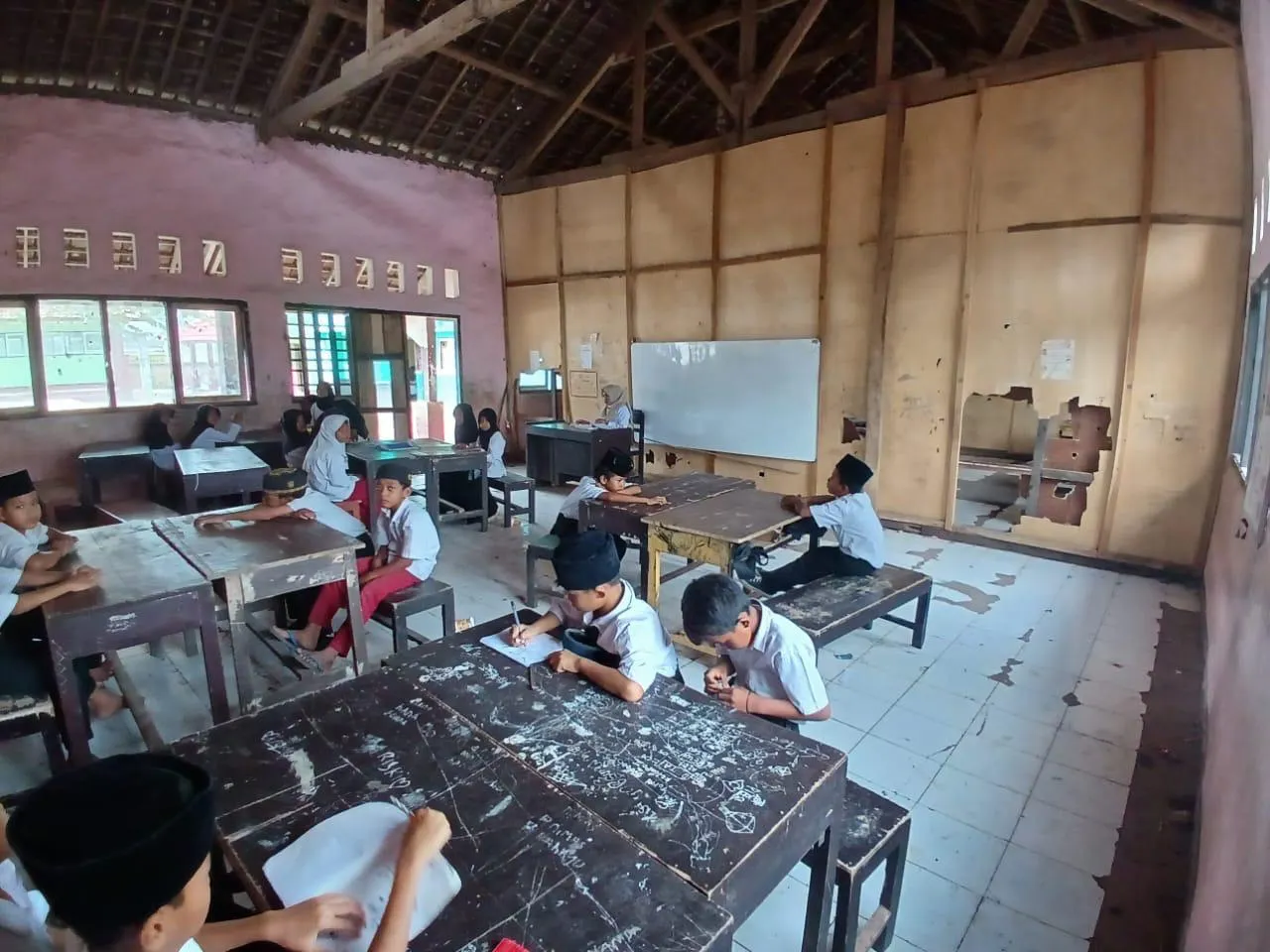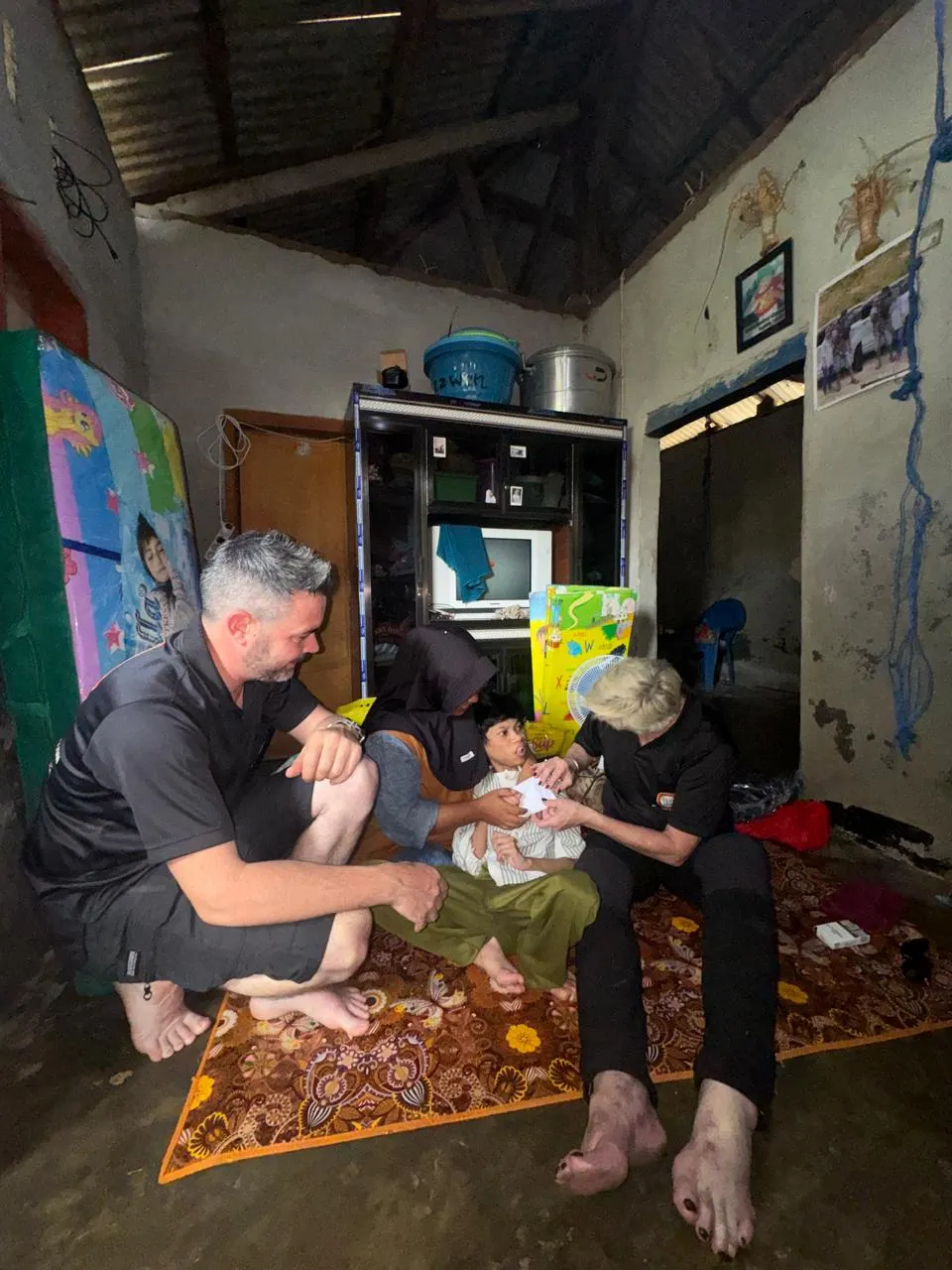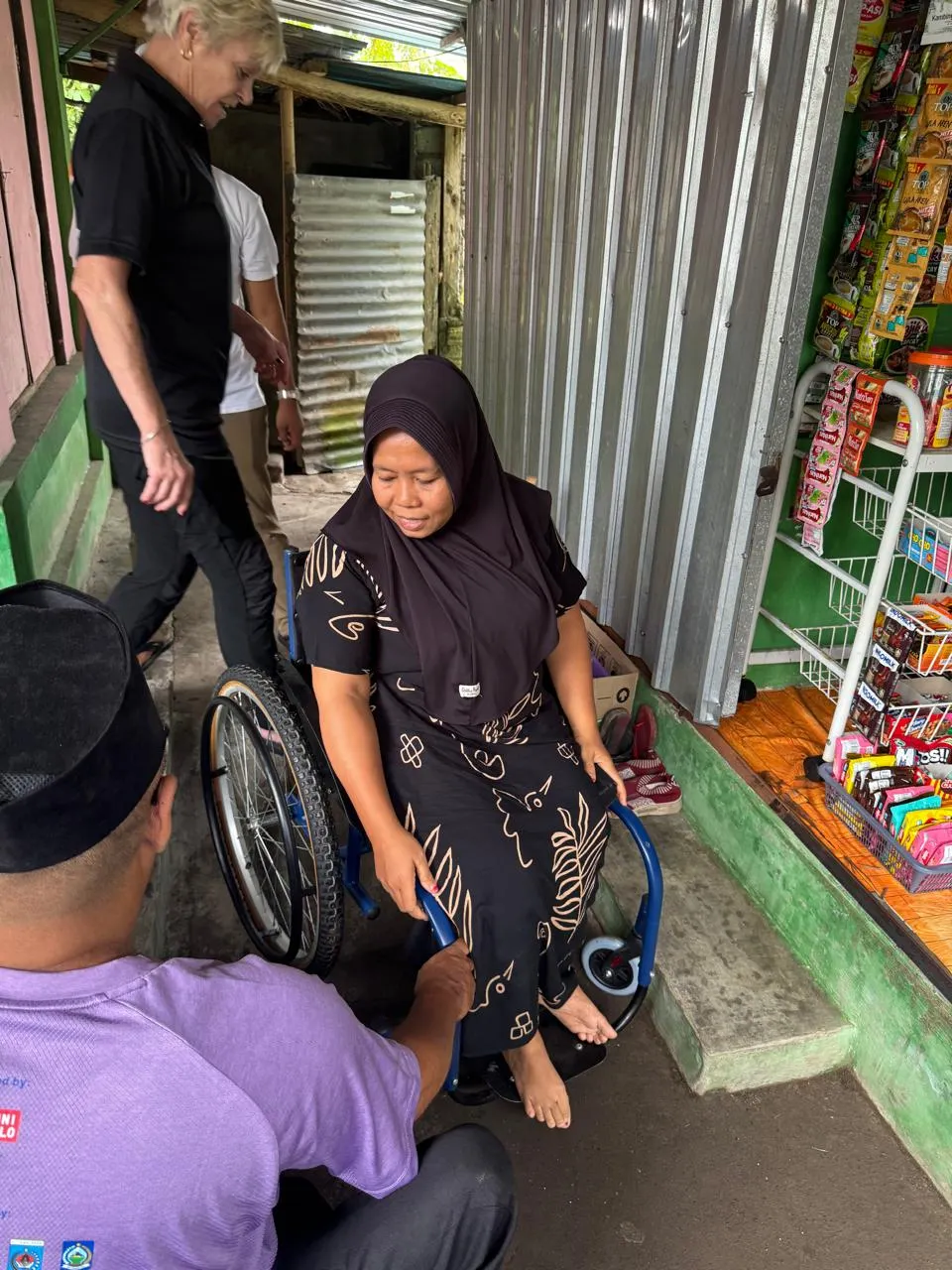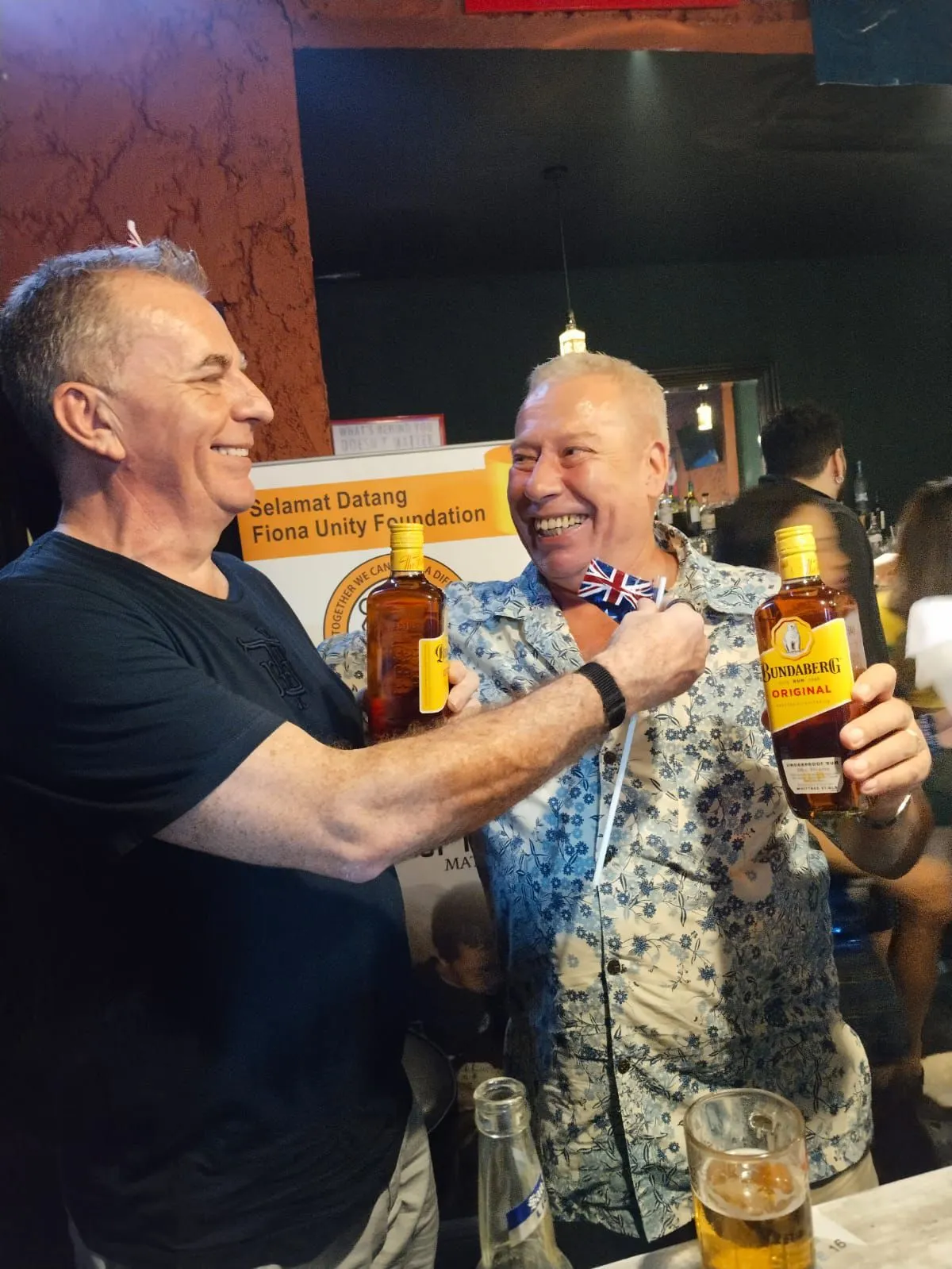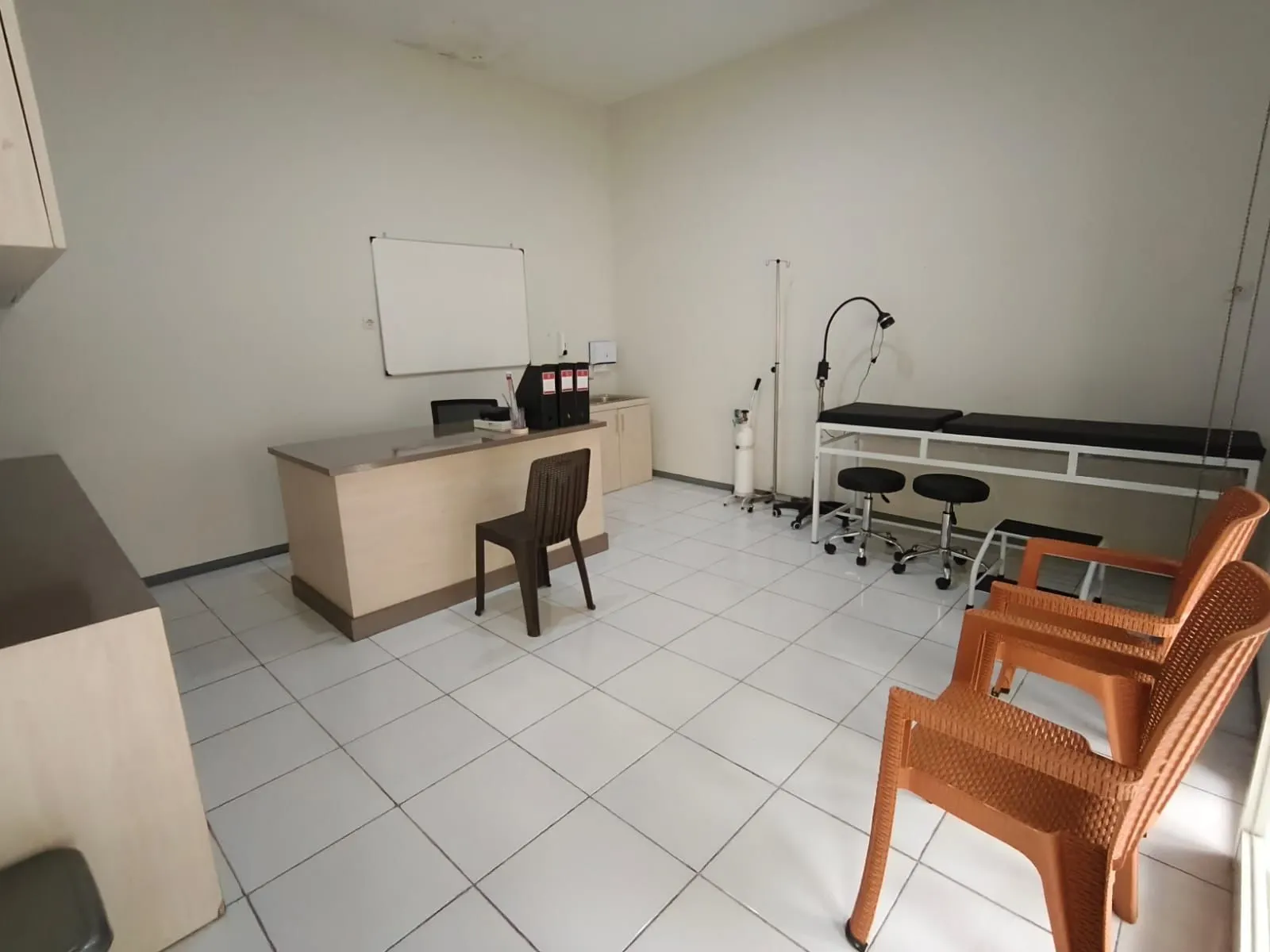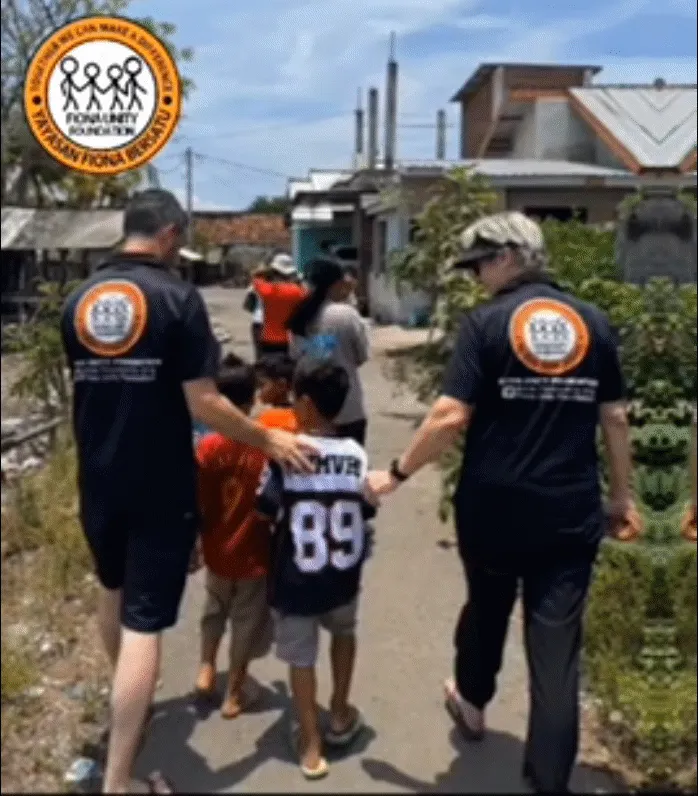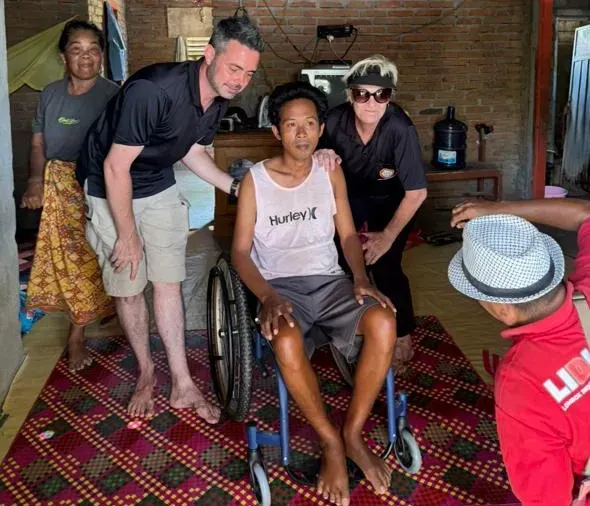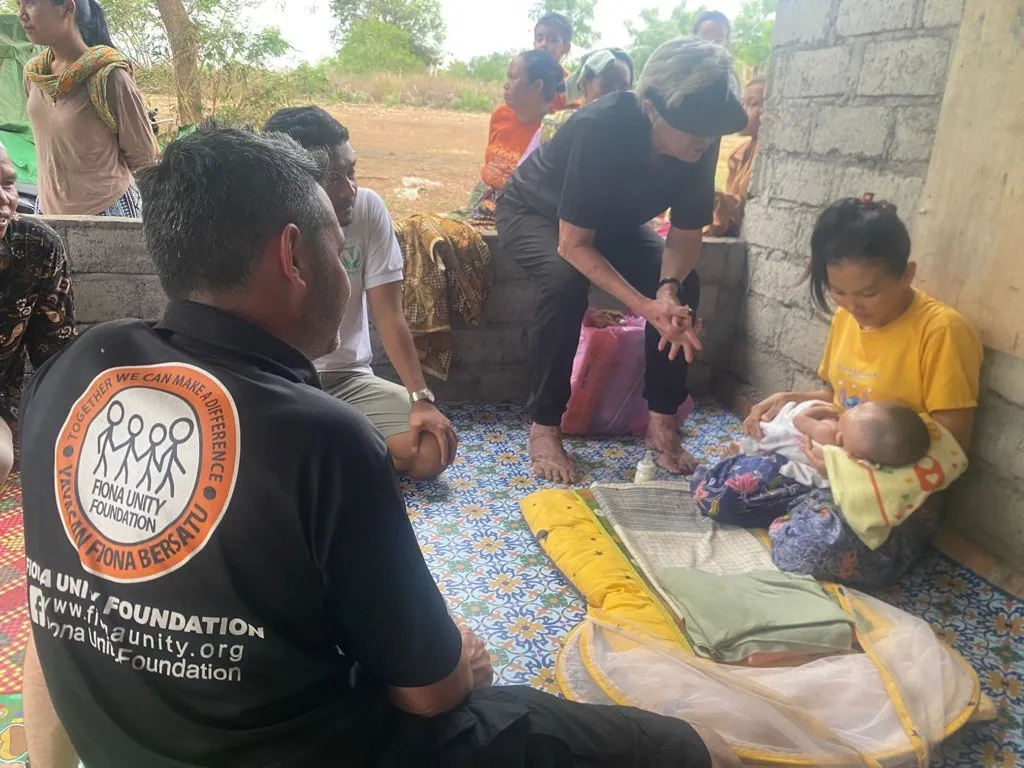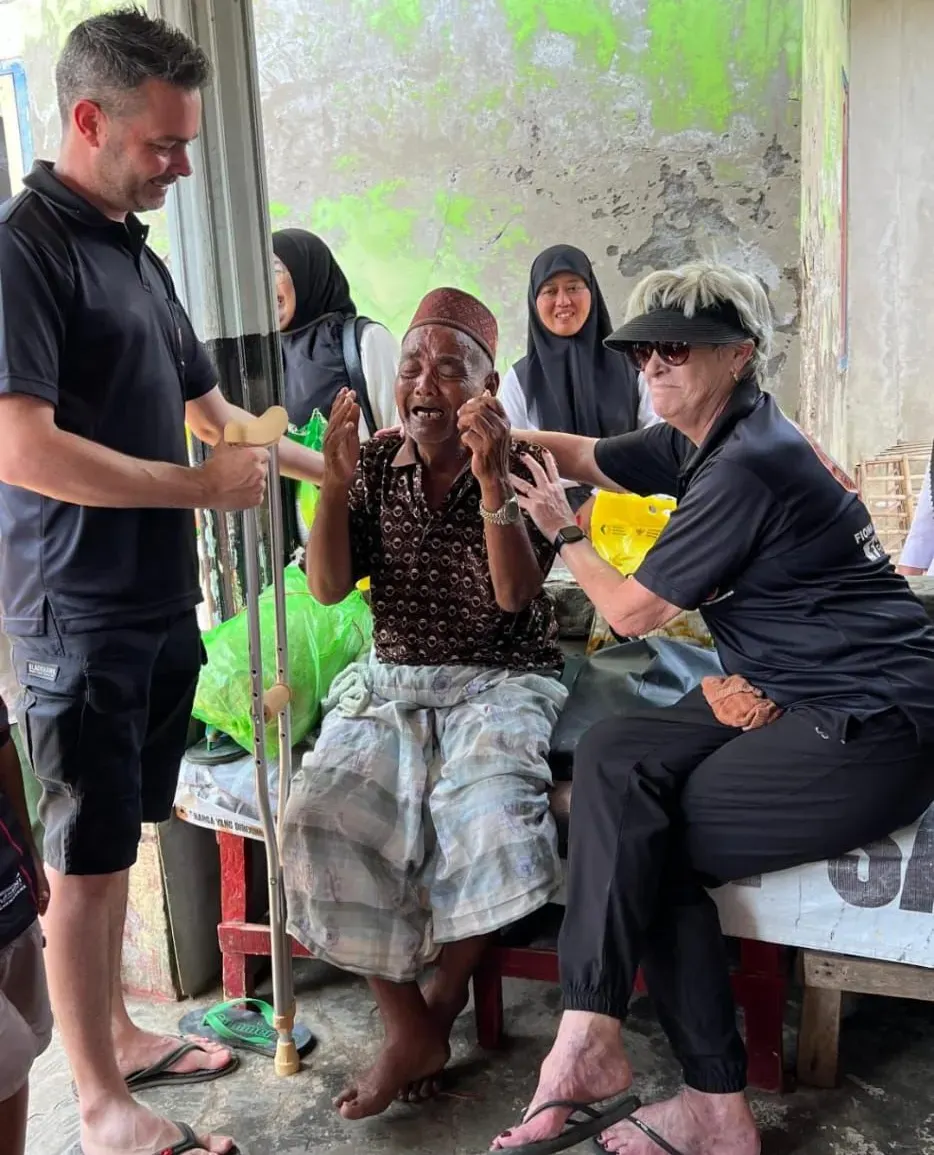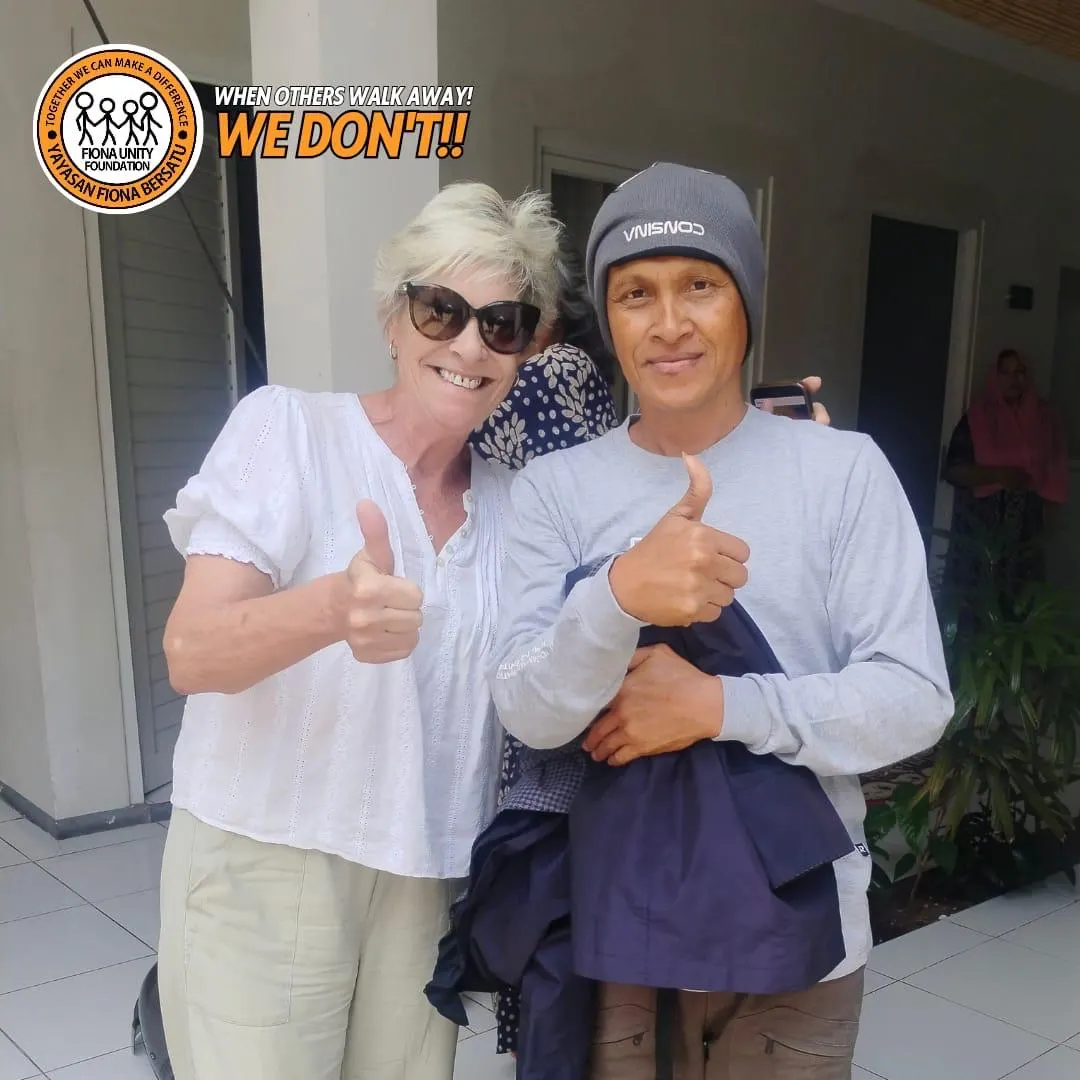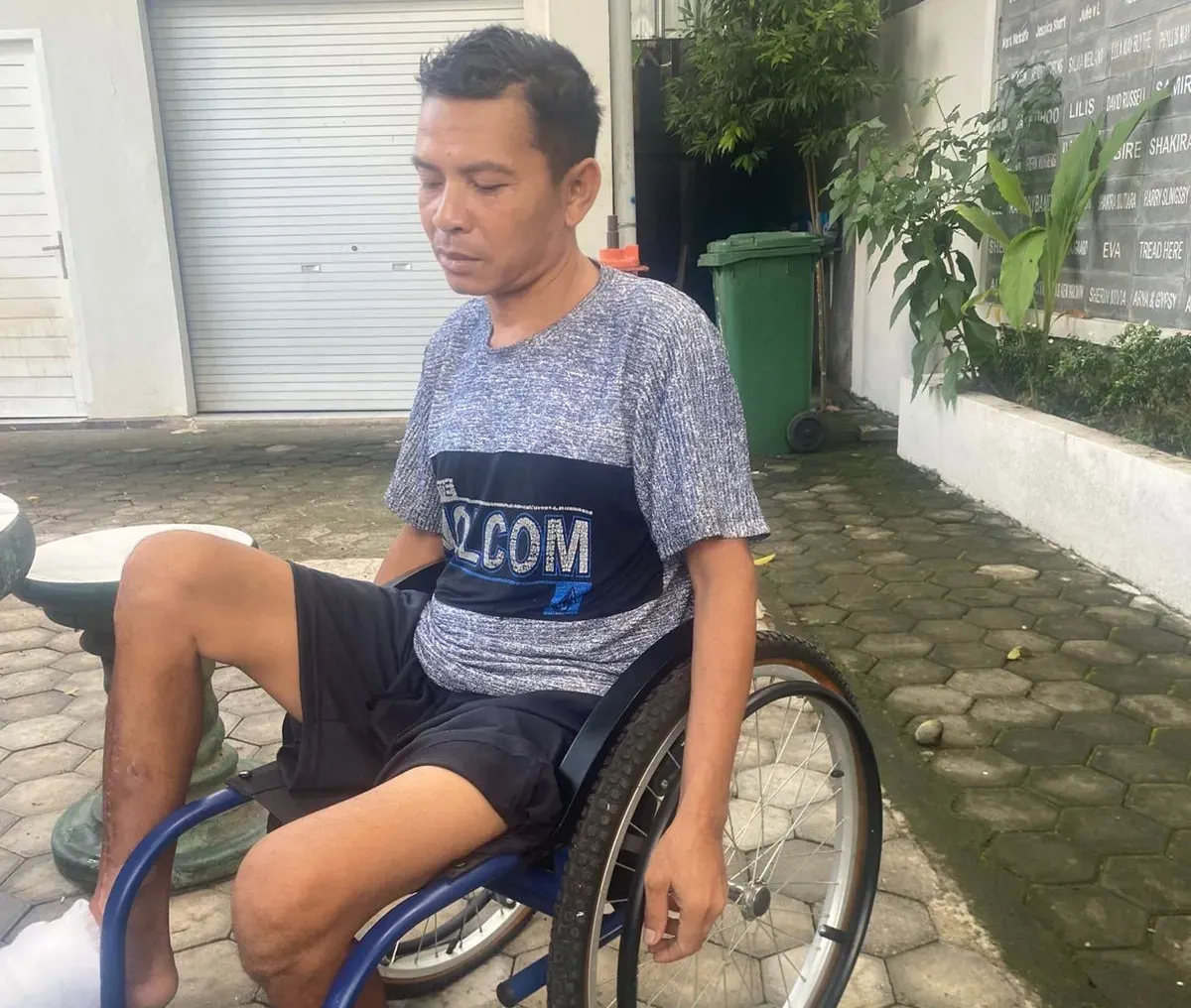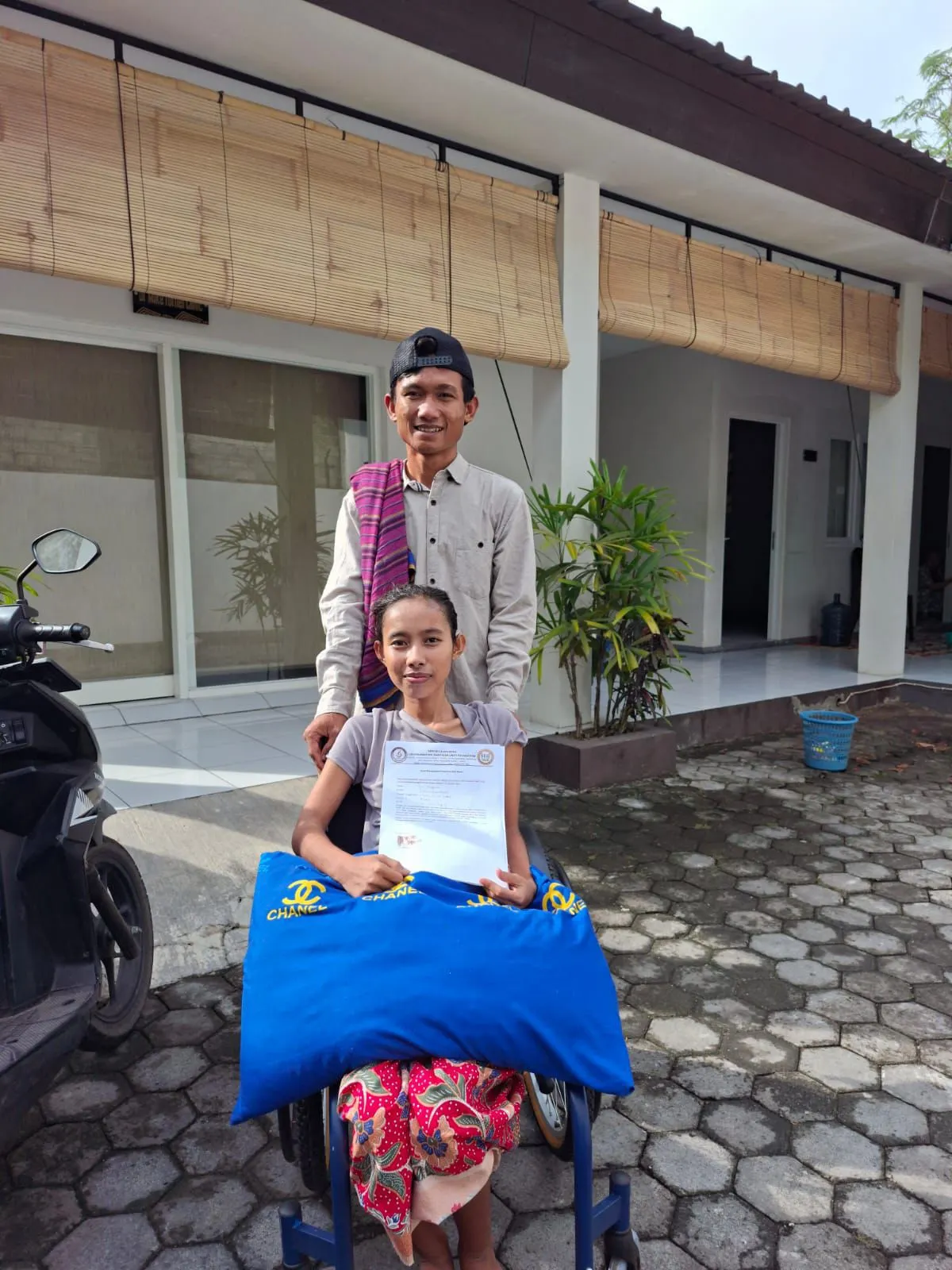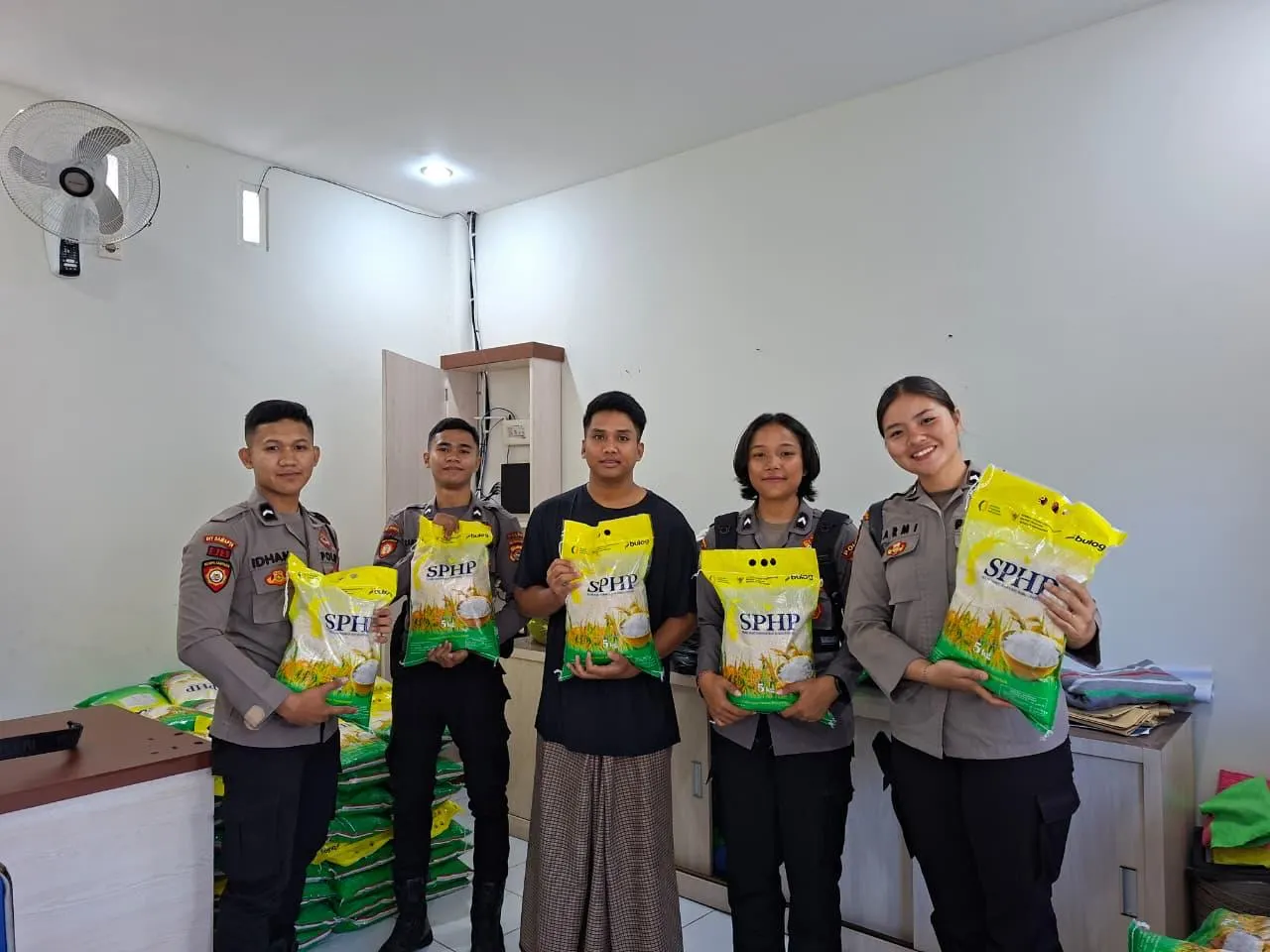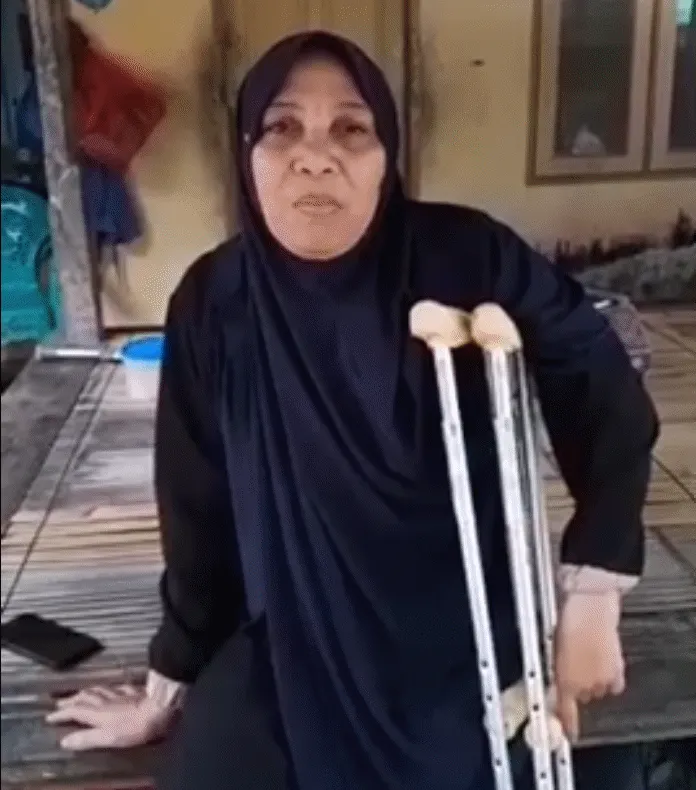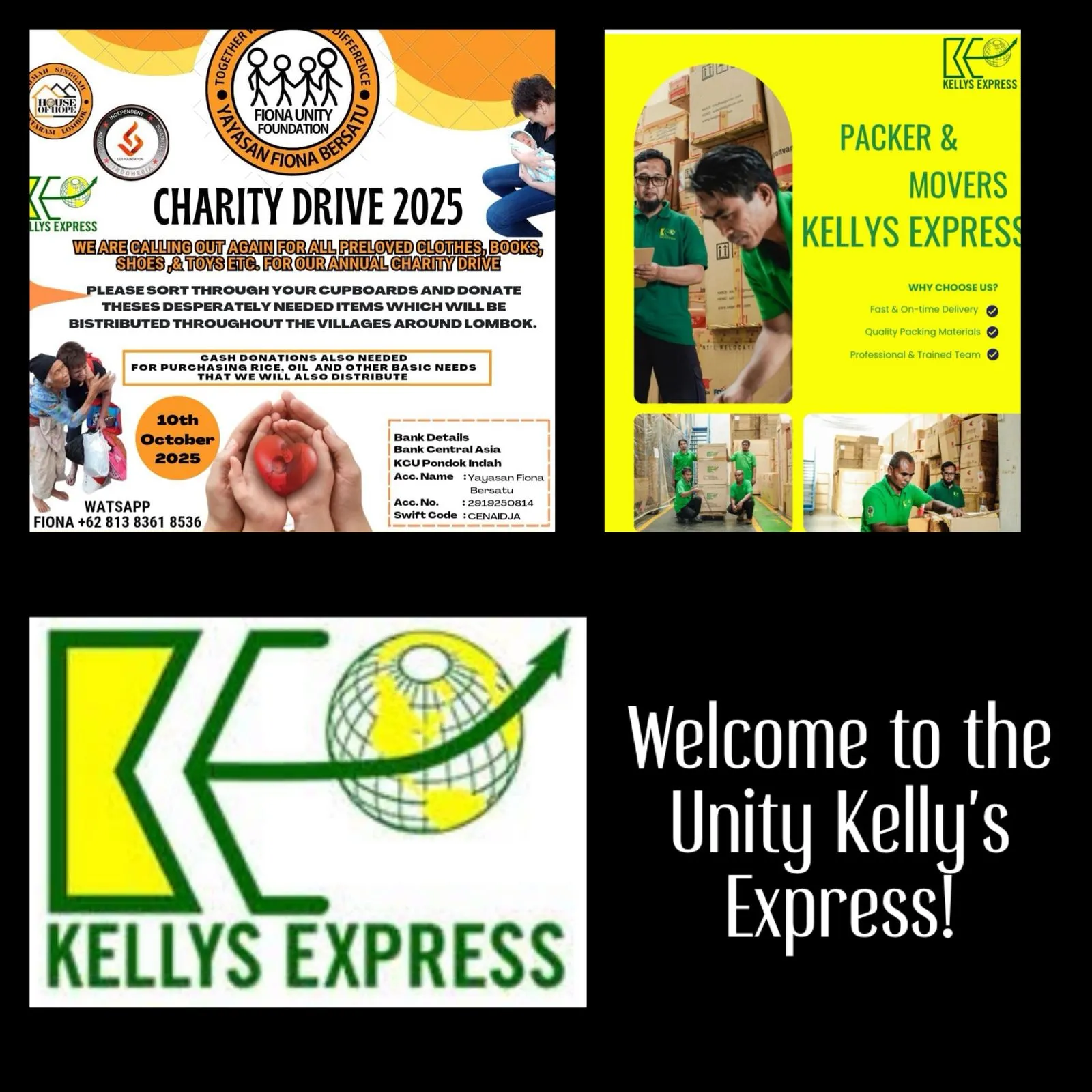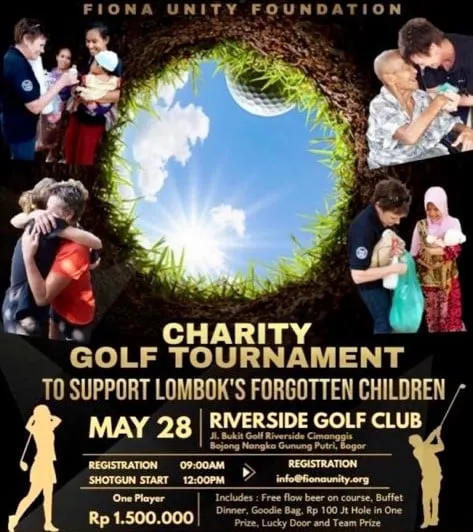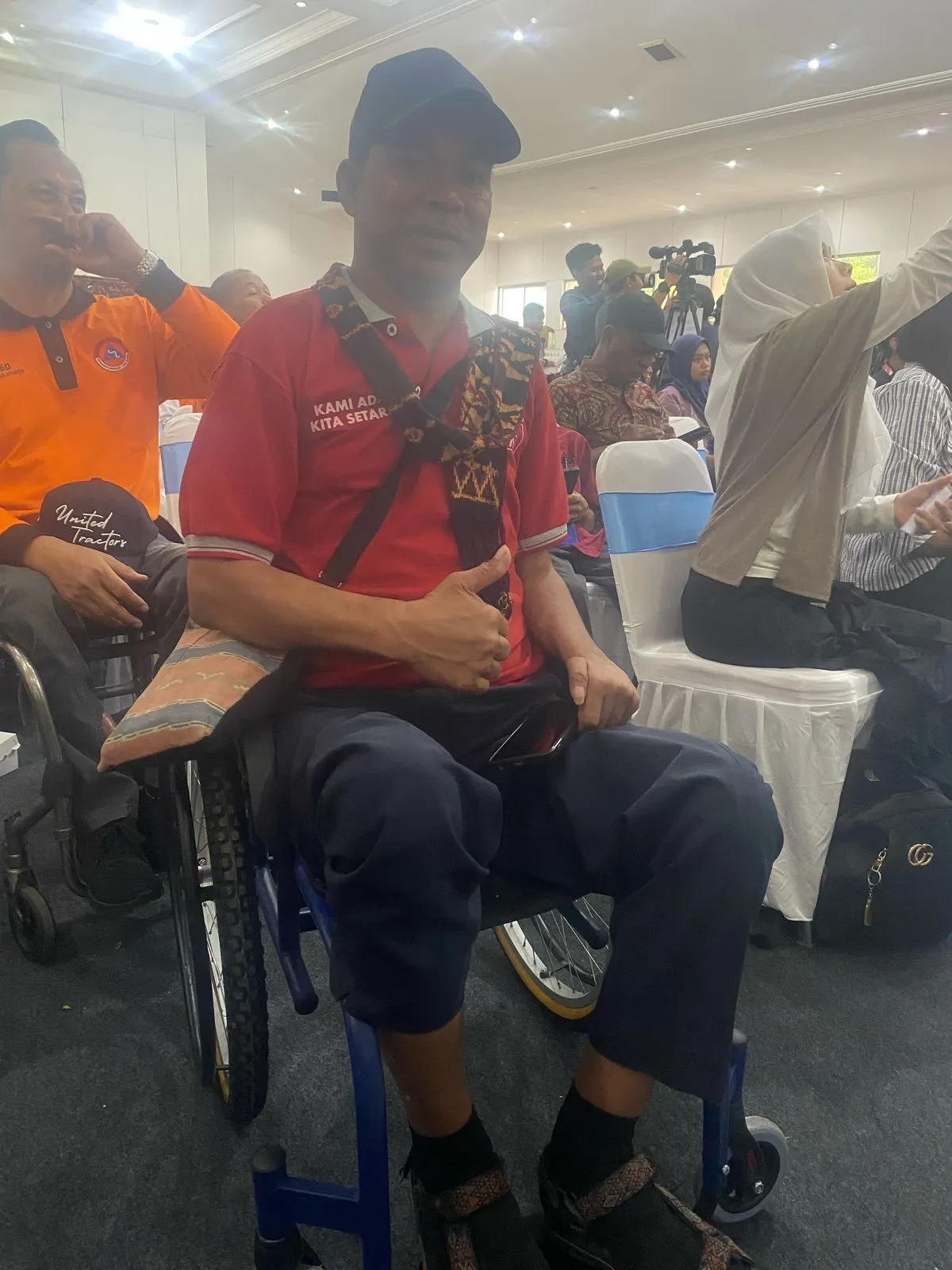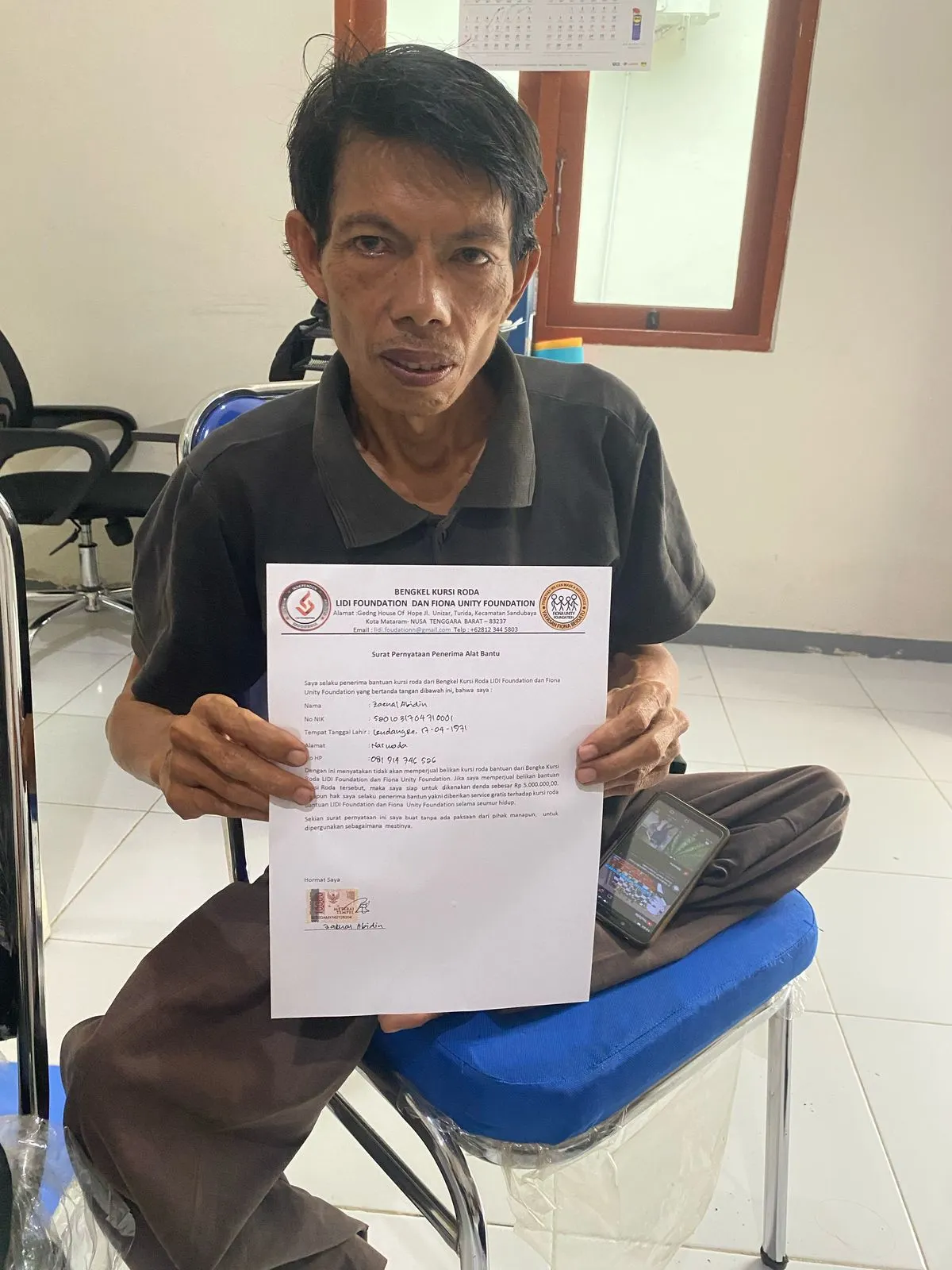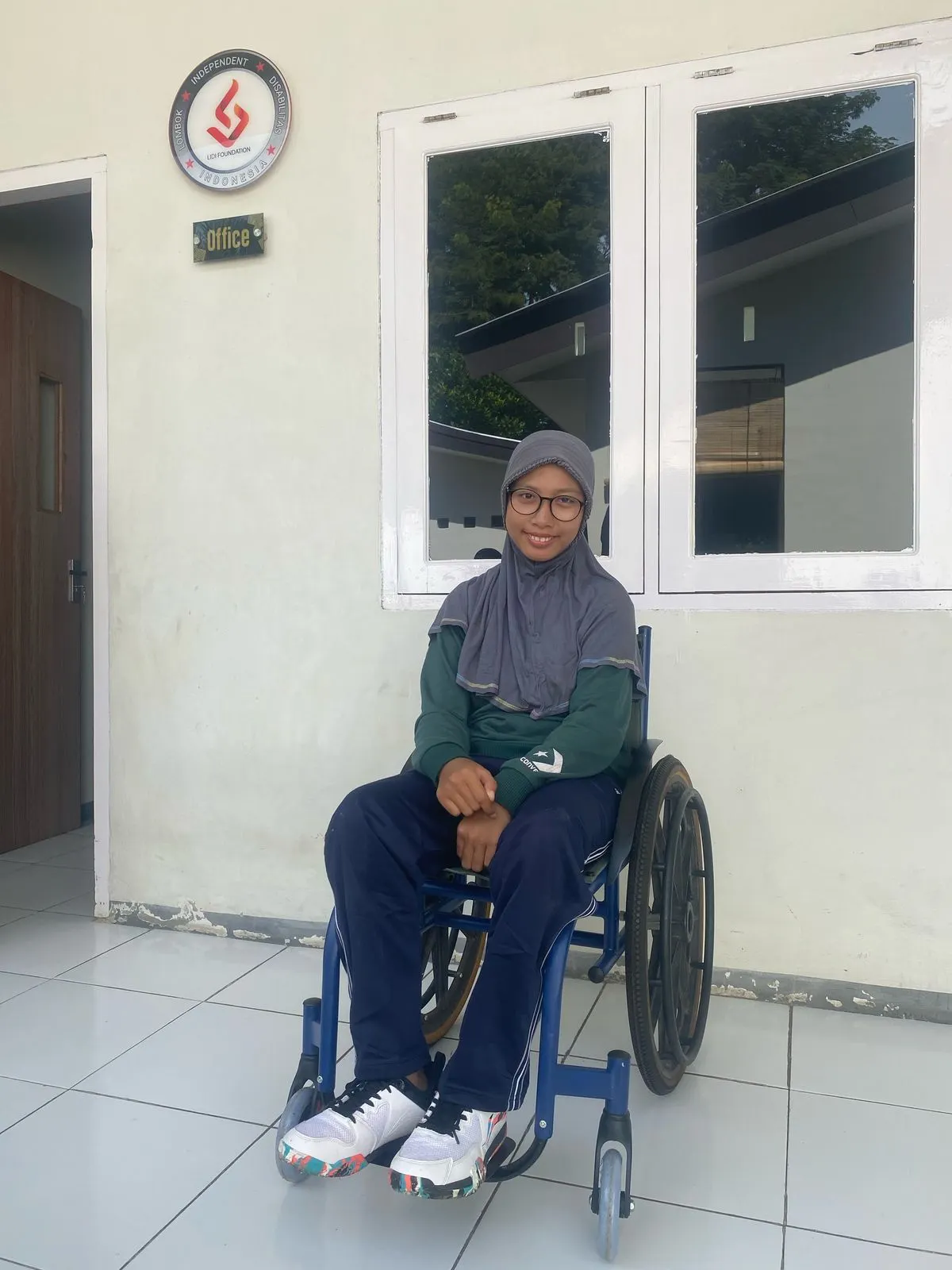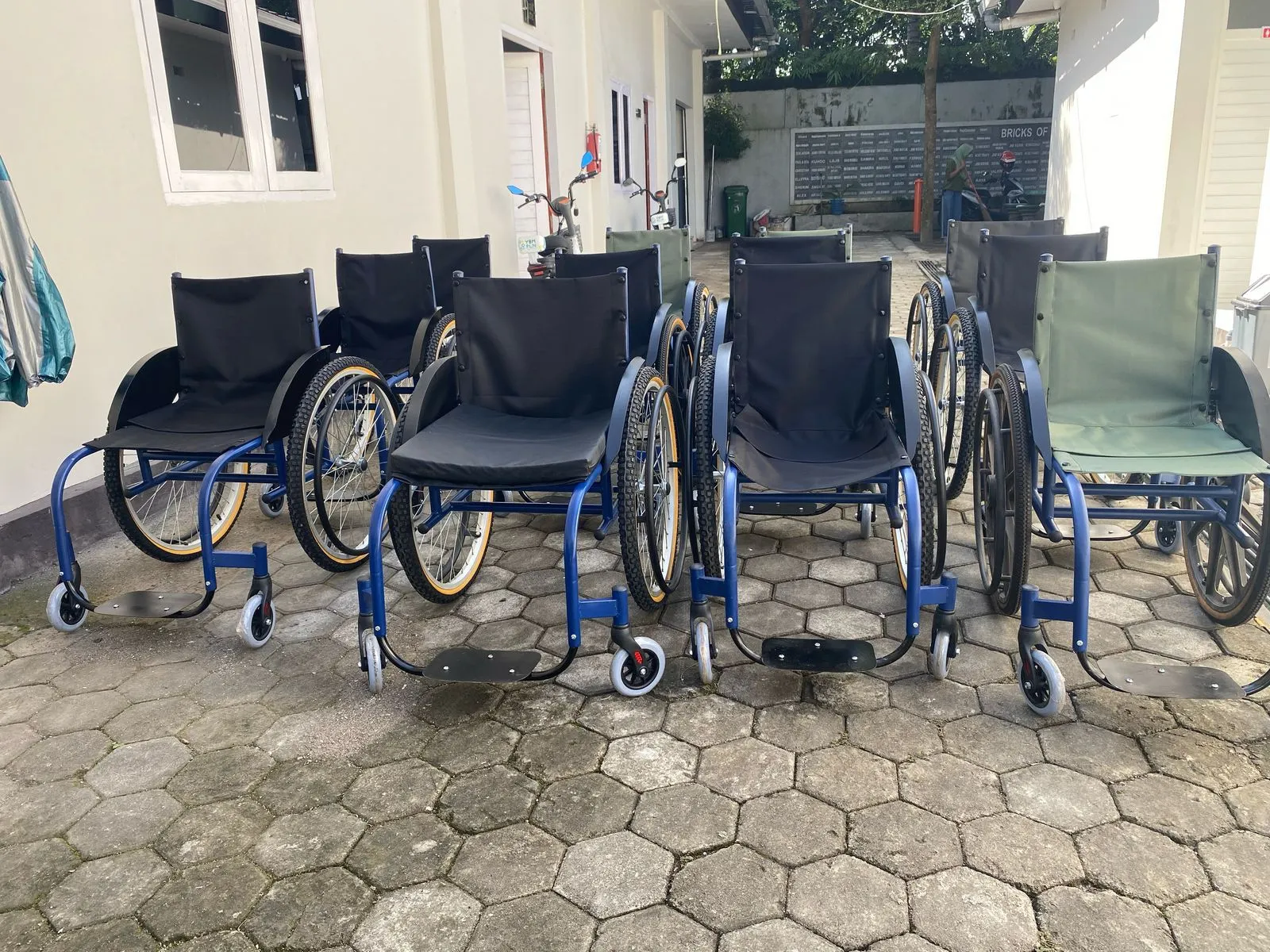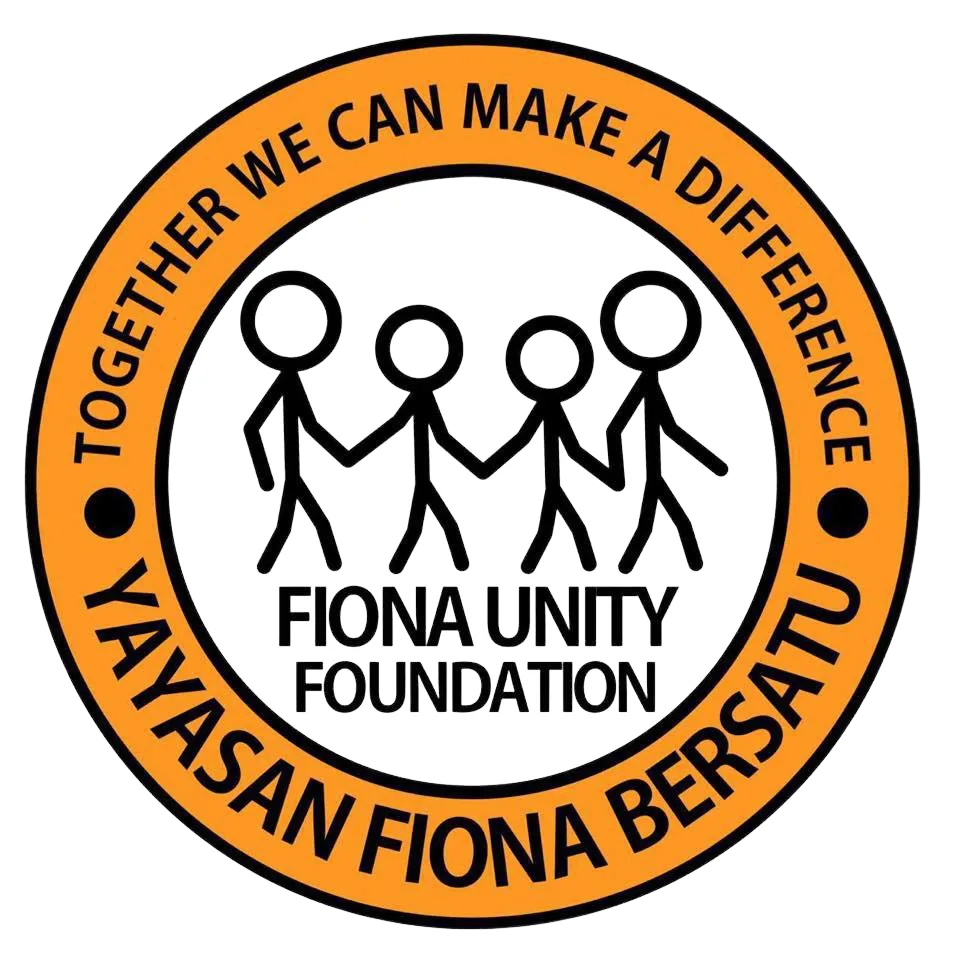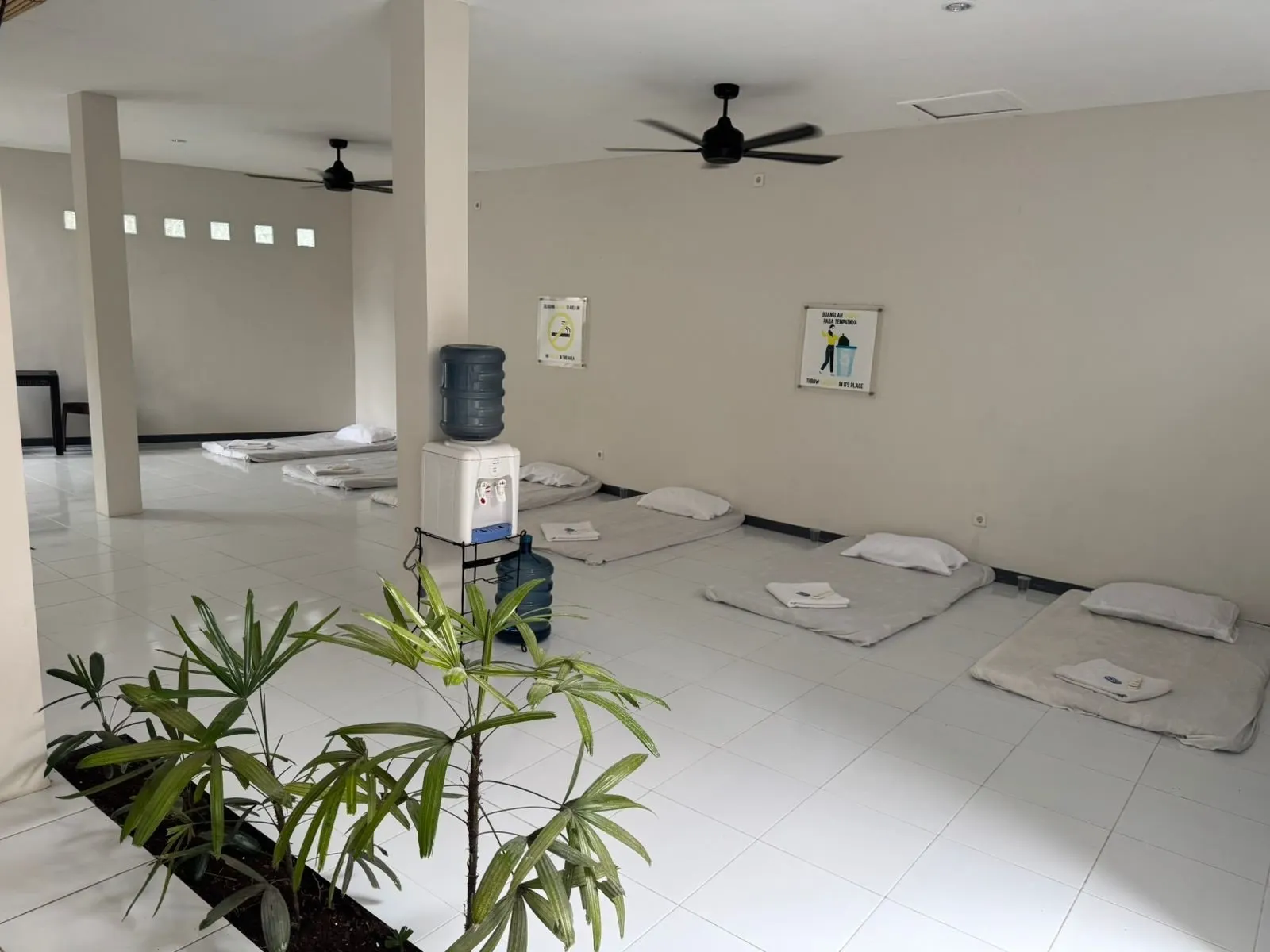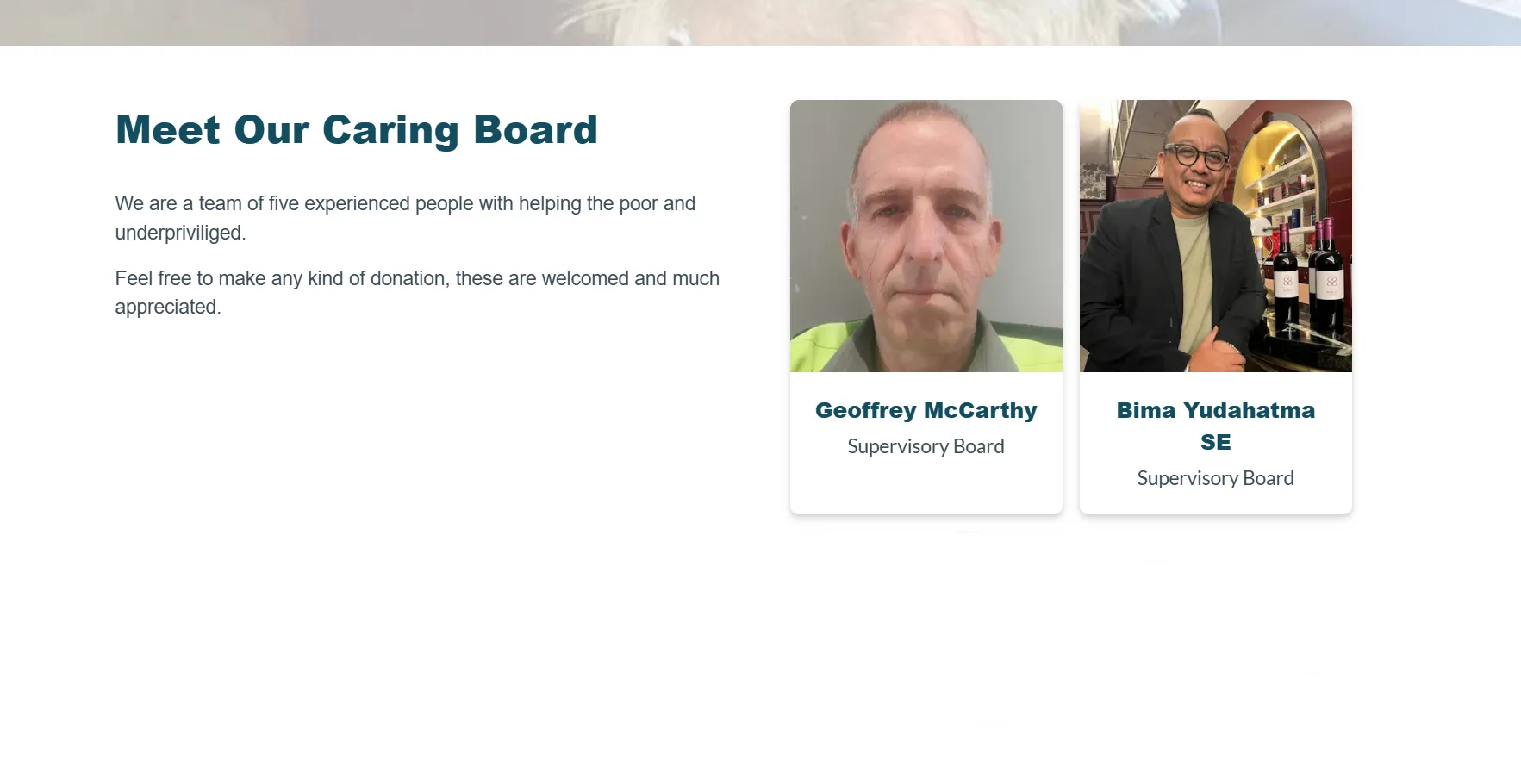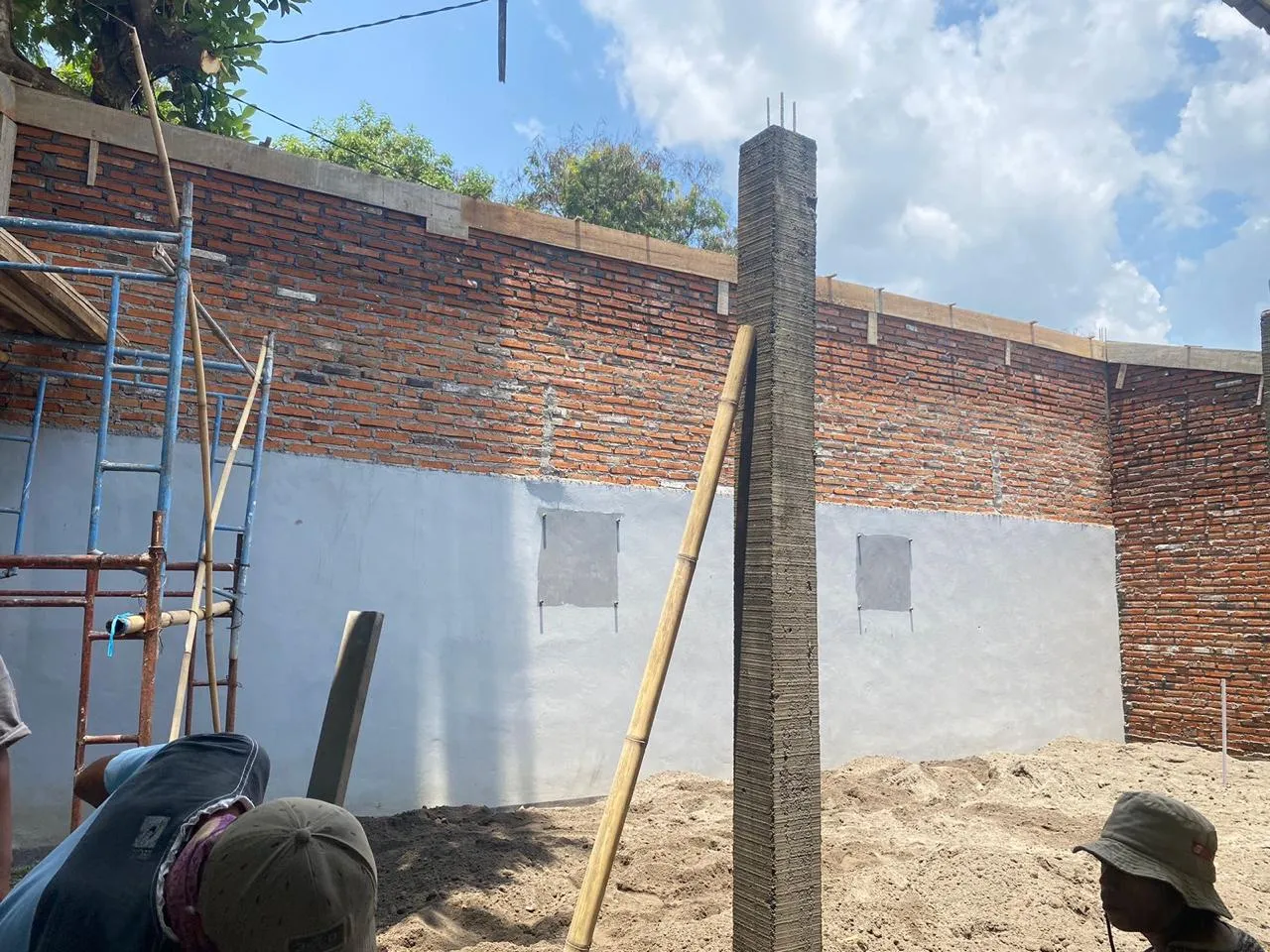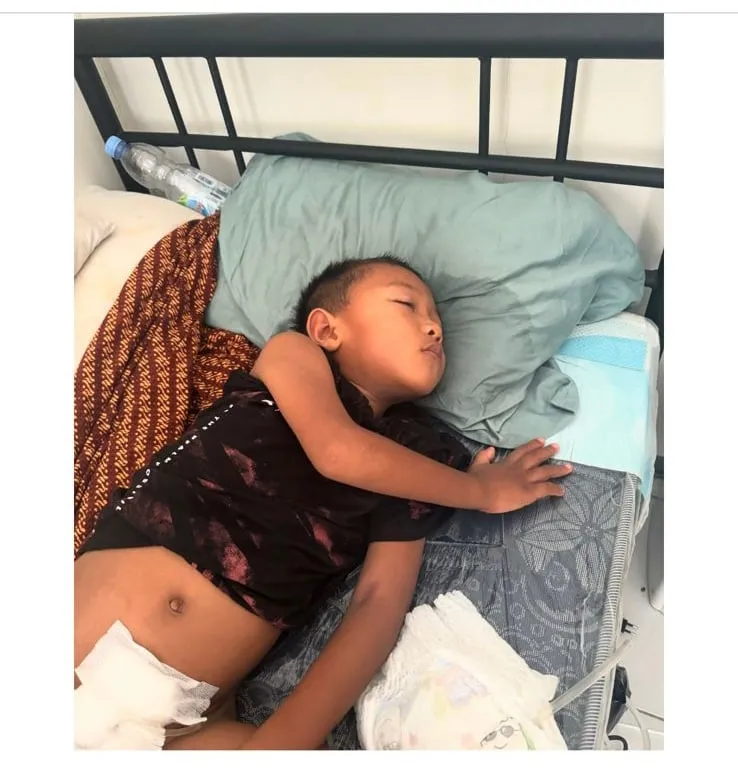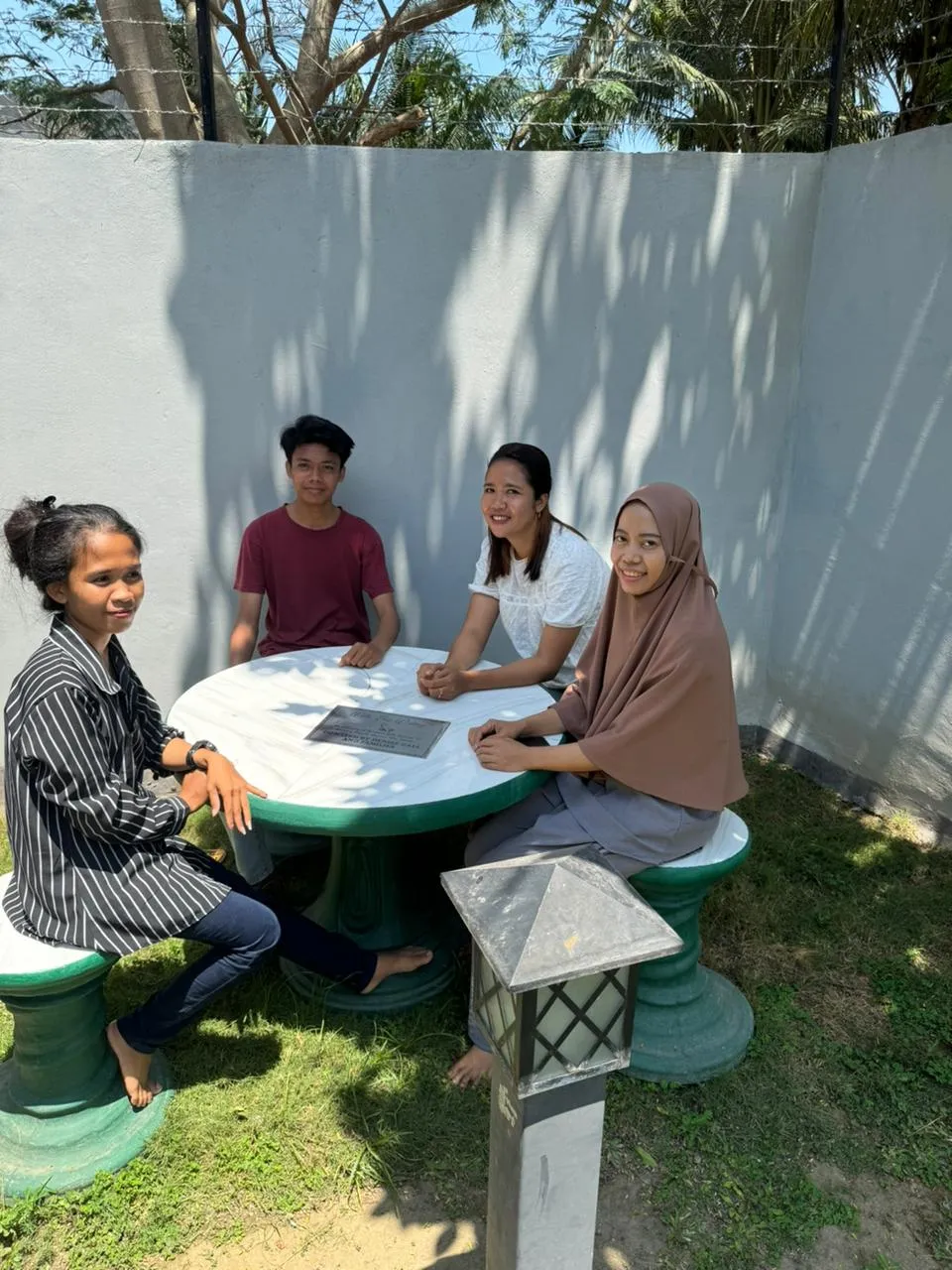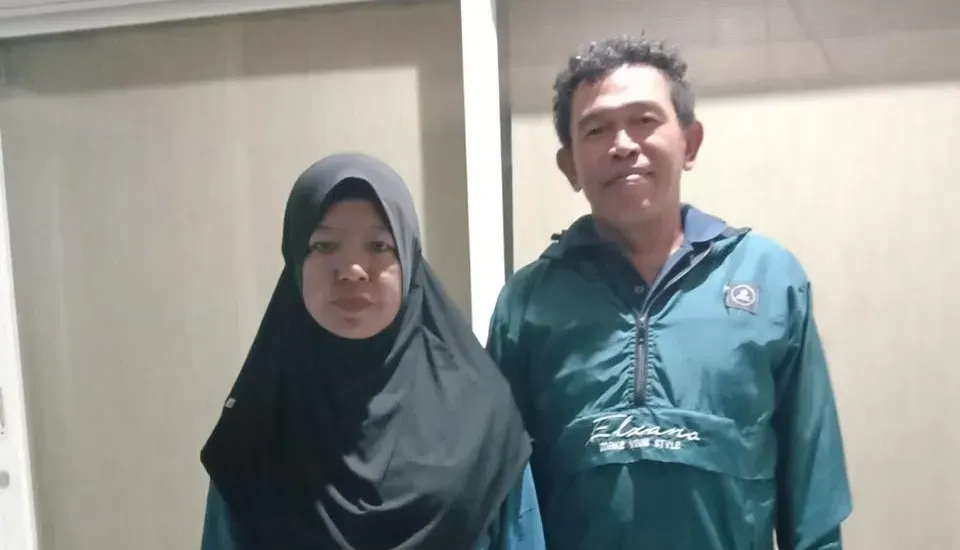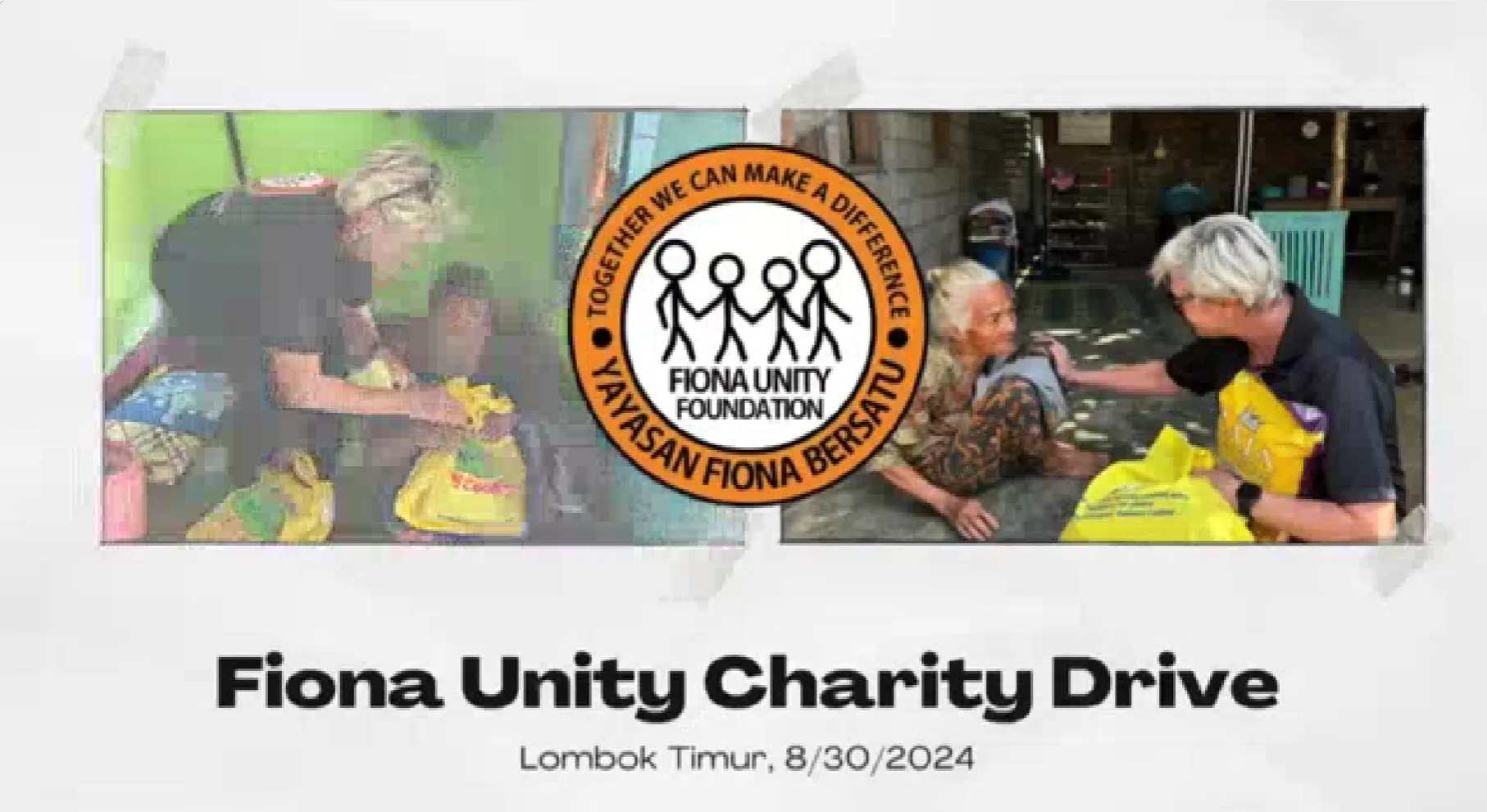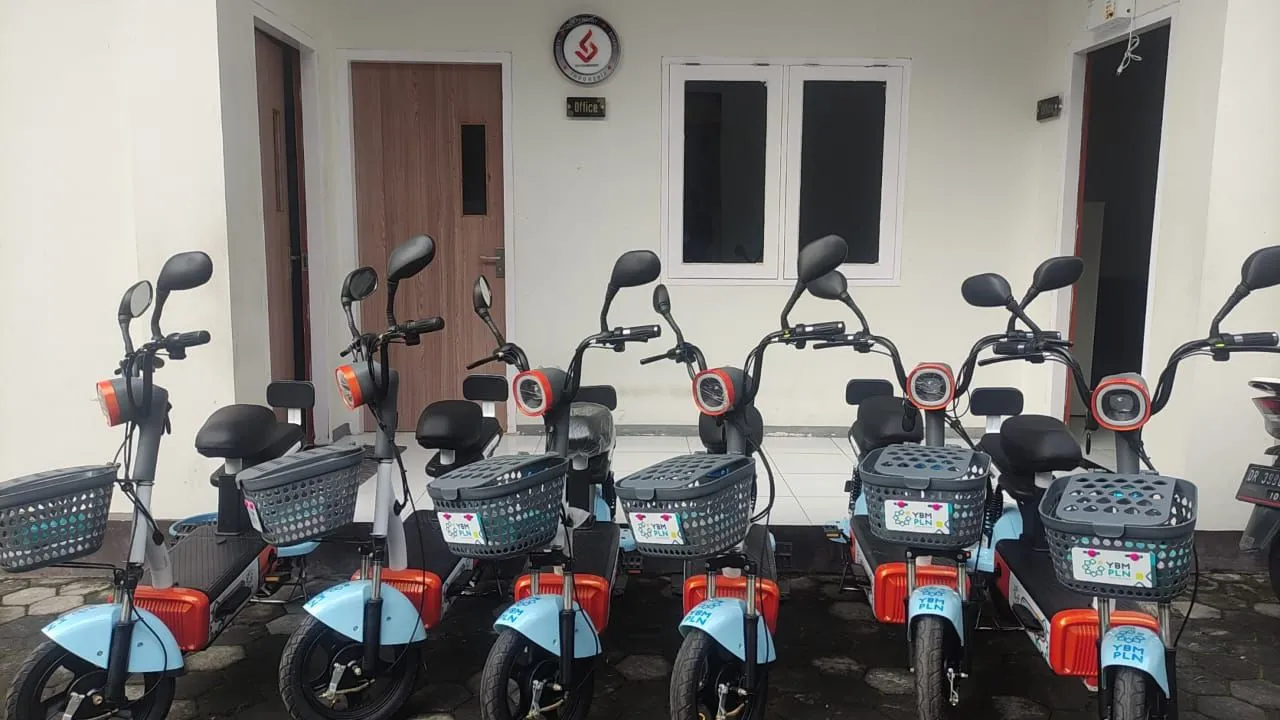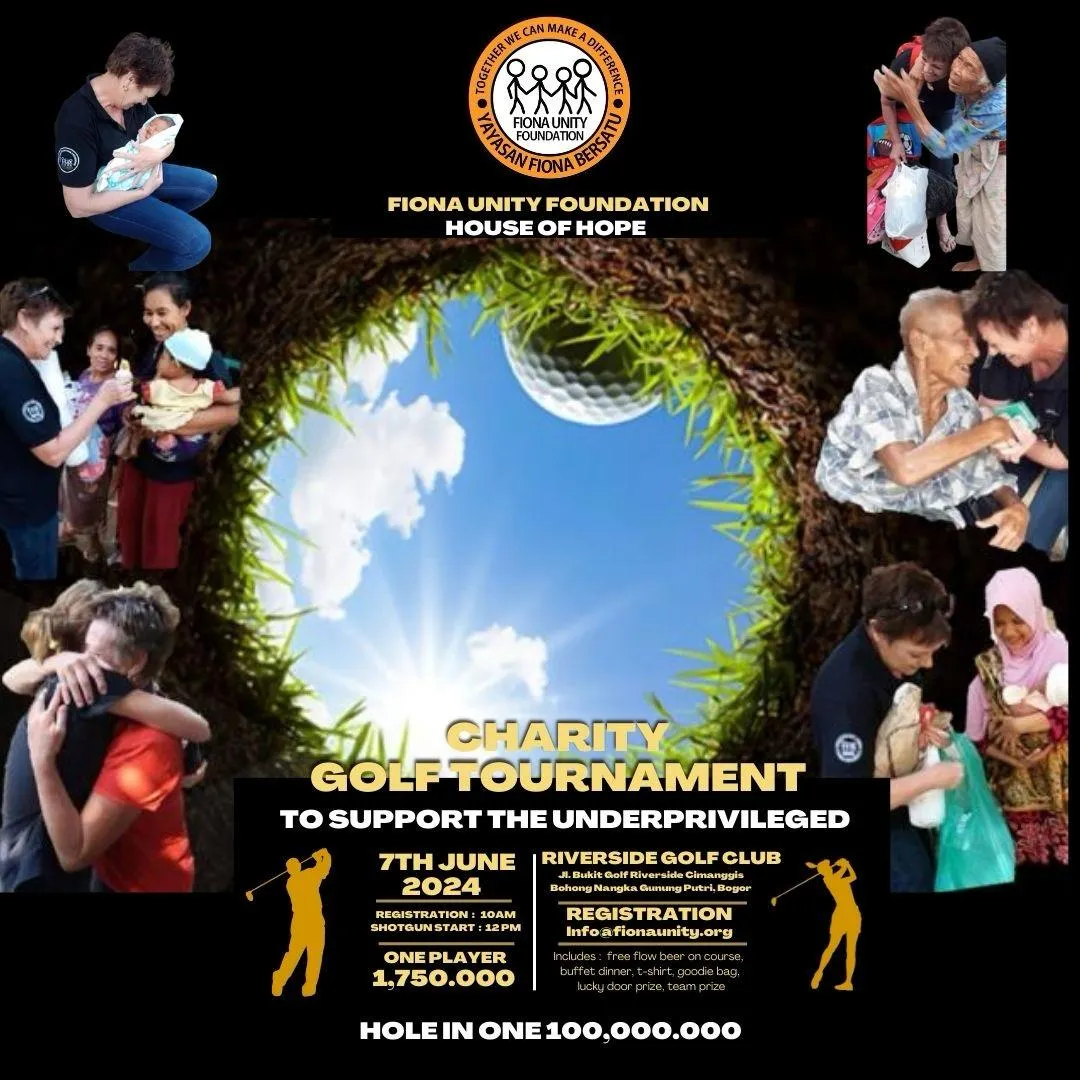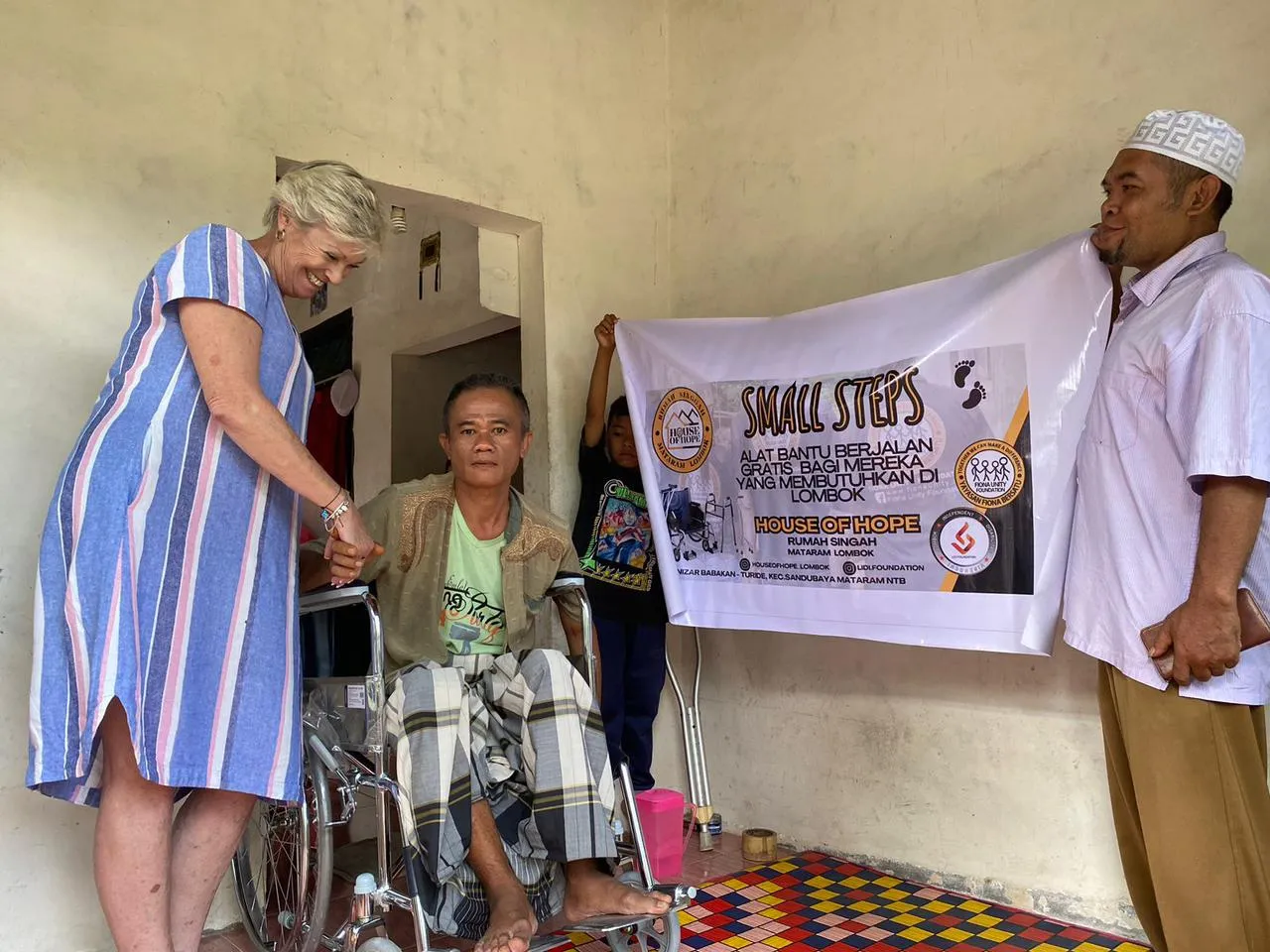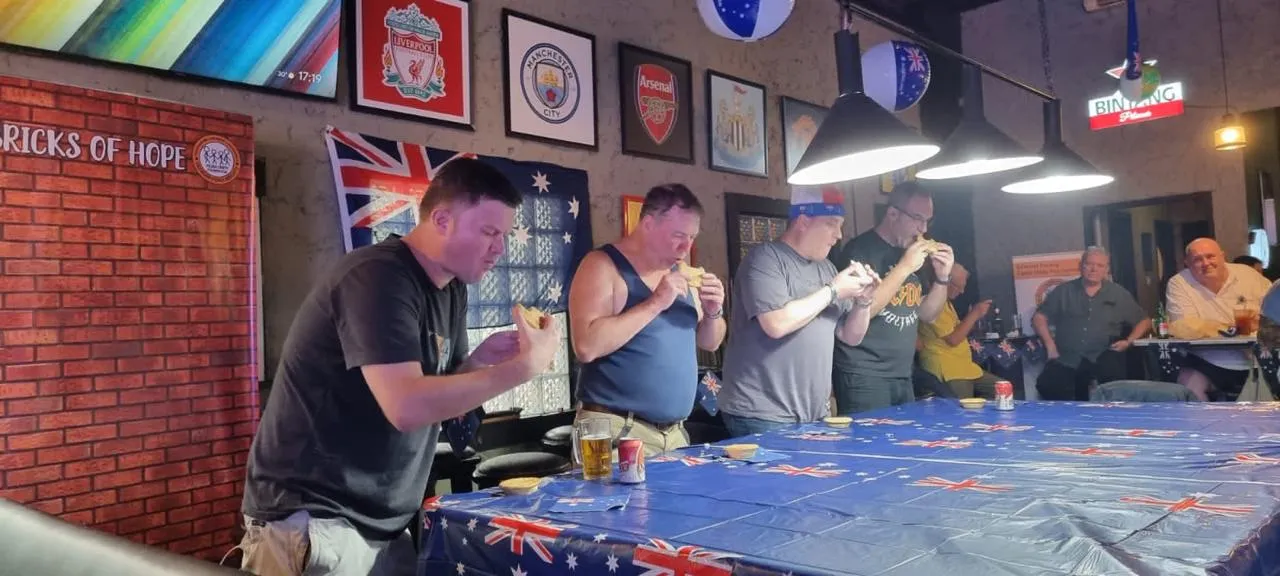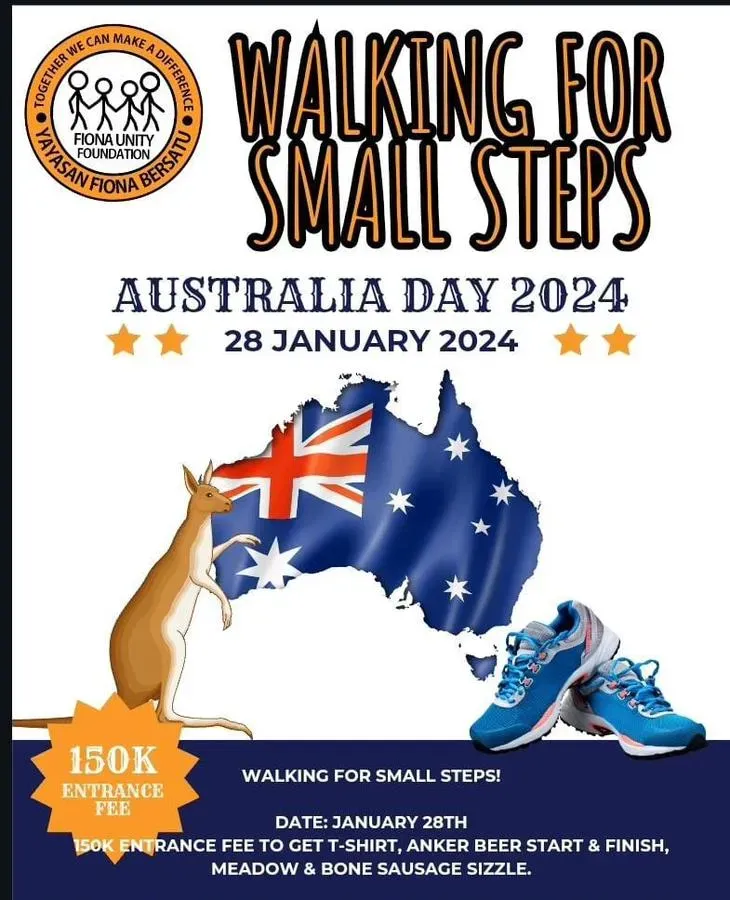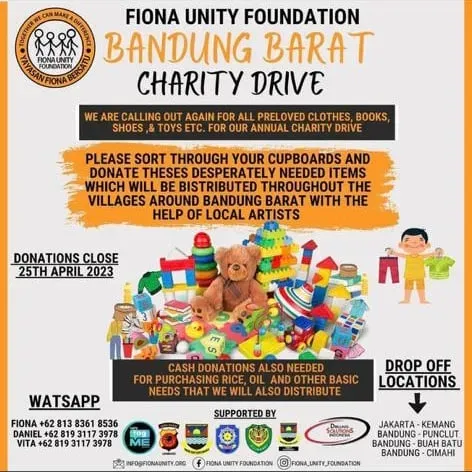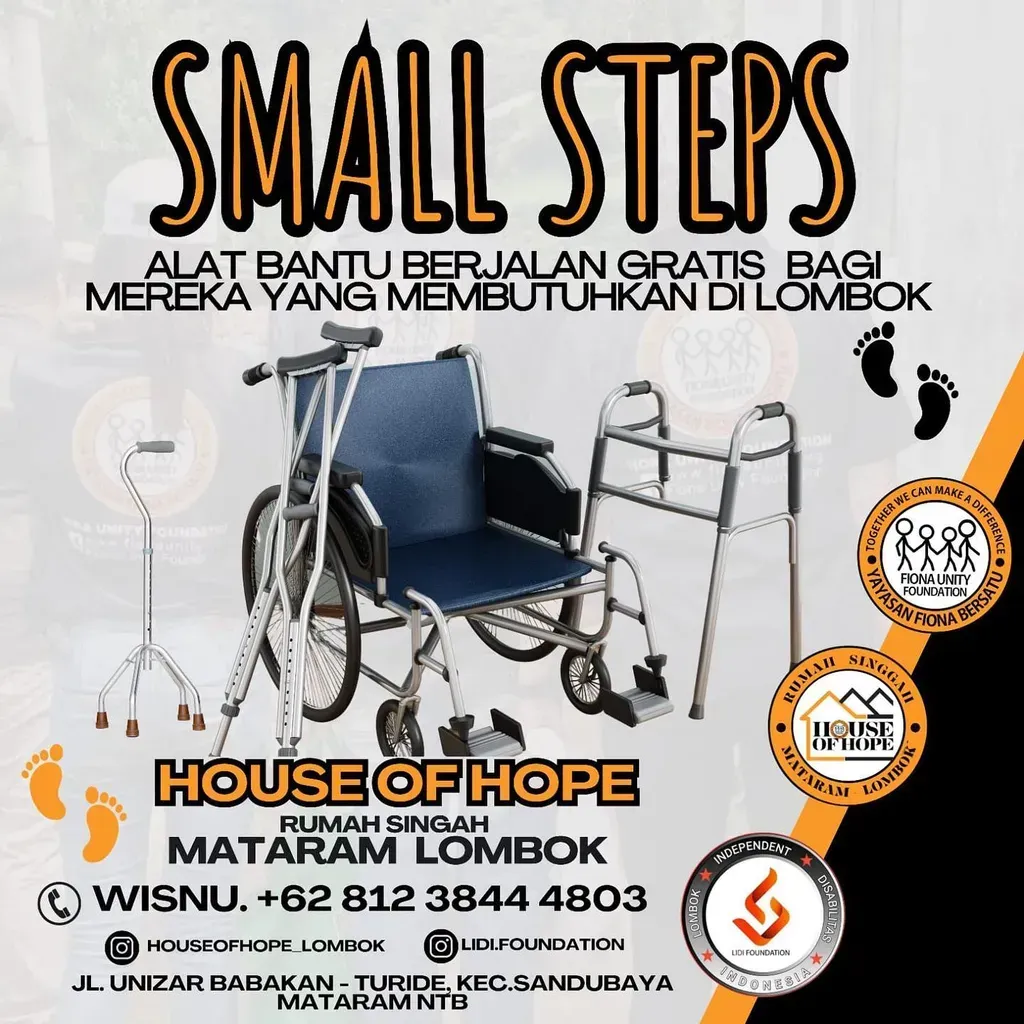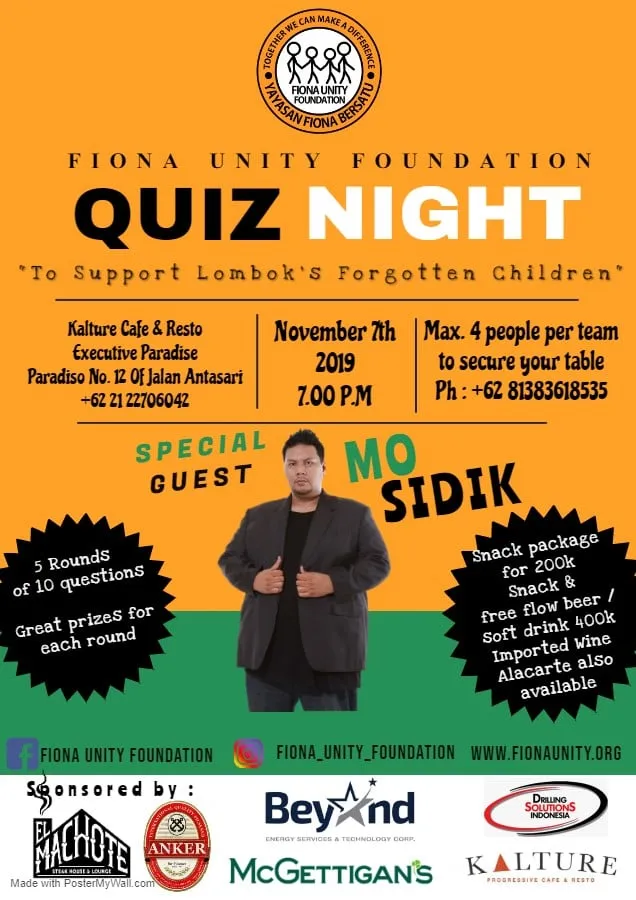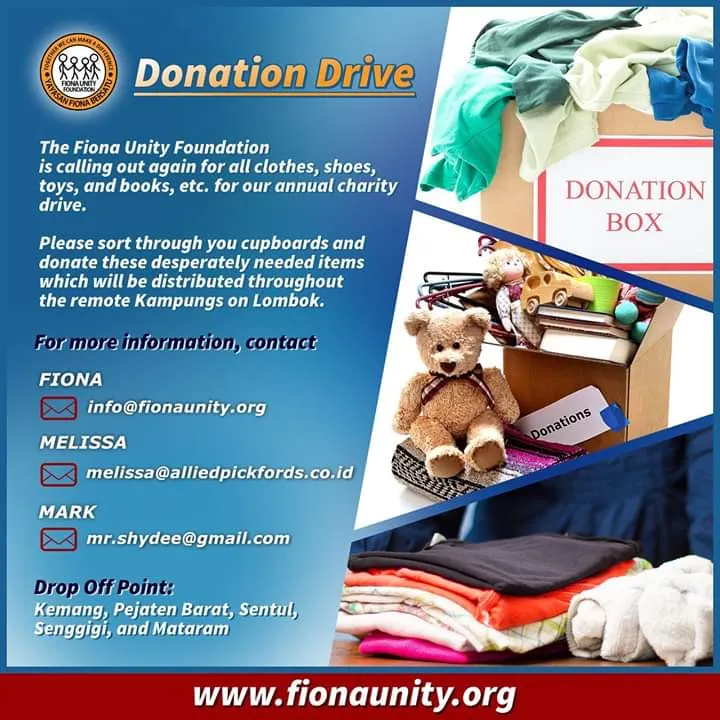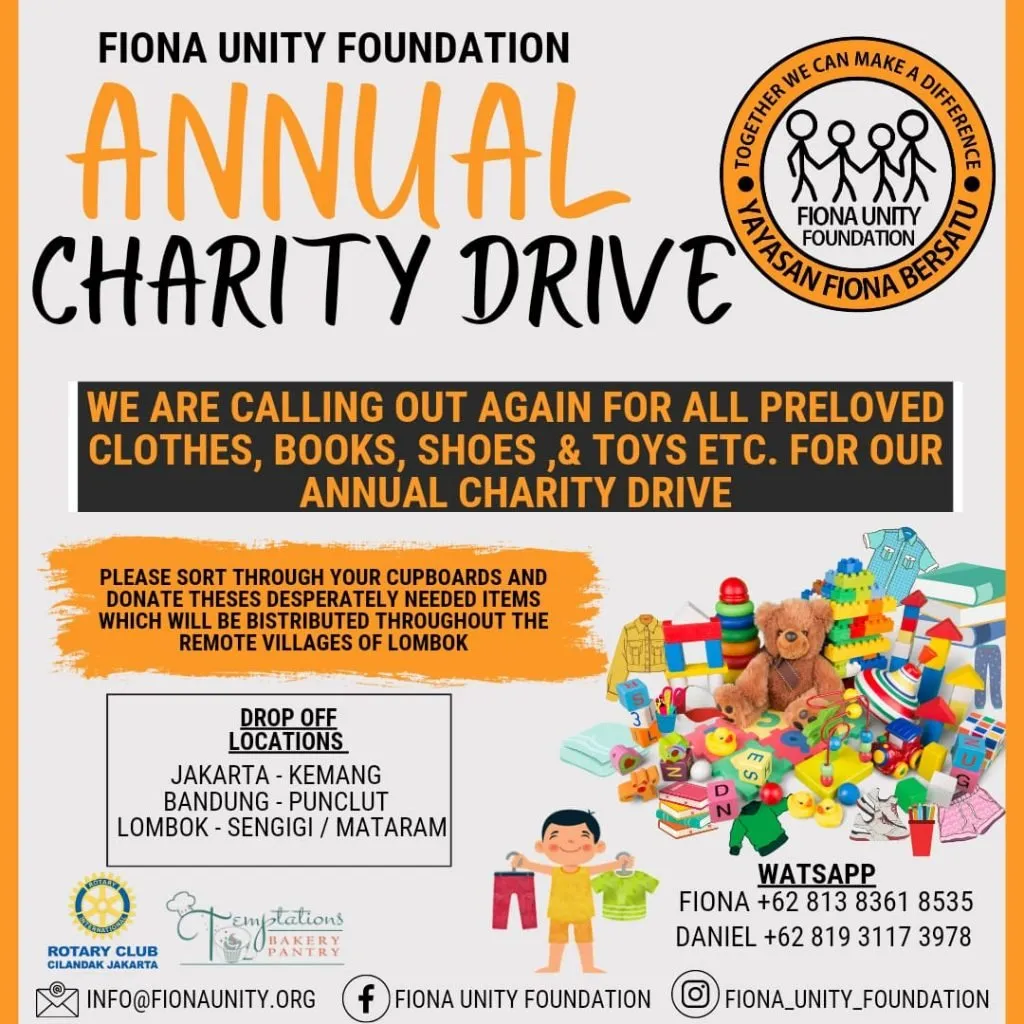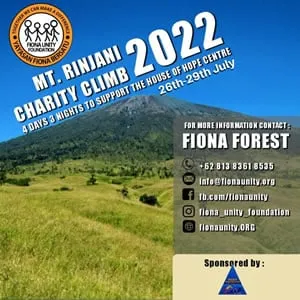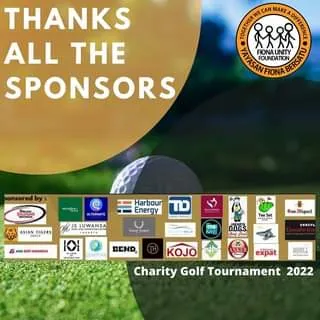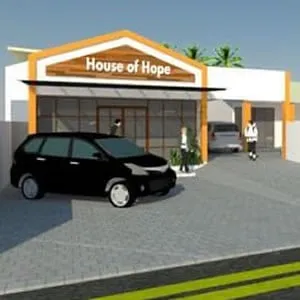Between Hope and Hardship: How a Wheelchair Opened New Doors for Muhammad Arik in West Lombok
Ever seen a smile wide enough to rival the morning sun? That's what happened the day Muhammad Arik Aditya got his wheelchair. Imagine lugging a heavy schoolbag AND a fifth-grader across a dusty Lombok path – that's been Arik's mom, every single day. But on a humid Wednesday, hope rolled in on four wheels. Let's wander (or, roll) into a story where community, kindness, and resilience collide, and see how one quiet act set off a chain reaction in the heart of West Lombok.
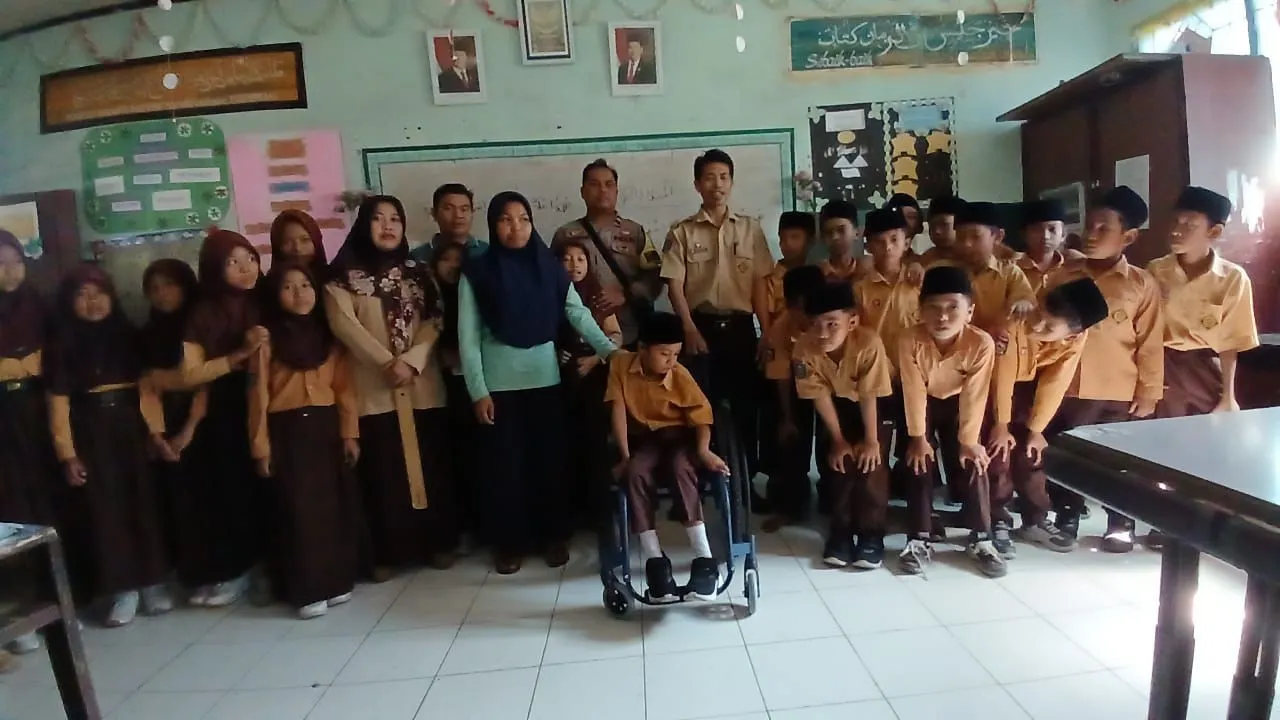
A Boy’s Unique Journey: Where Everyday Struggles Meet Unlikely Joy
Muhammad Arik Aditya’s story is one of resilience and hope, shining a light on the daily realities faced by families with disabled children in West Lombok. At just 11 years old, Arik is a fifth-grade student at MI in Montong Lauk Hamlet, Selat Village, Narmada District. His journey has not been easy. Paralyzed since the age of eight, Arik’s world changed dramatically, but his family’s determination never wavered.
Arik’s father lives with a mental disability, which means much of the family’s daily care falls on his mother’s shoulders. For years, she carried Arik to school every morning—a journey that tested both her physical strength and emotional endurance. The walk to school, which might seem routine for many, became a marathon for Arik’s family. Each step was a testament to a mother’s love and the extraordinary resilience found in families supporting disabled children.
"Every step his mother took was an act of determination."
Despite these hardships, the family found ways to cope and even moments of unexpected joy. Arik, known for his quick wit, would often joke with classmates as his mother carried him down the road. He’d call out to the class clown, telling him to slow down or risk missing the best part of the day. These small moments of laughter became a powerful coping mechanism, helping the family face their daily challenges with a sense of humor and hope.
The West Lombok community has long shown creative and resilient ways to support families with disabled children. In Arik’s case, the collaboration between the Community Service Officer (Bhabinkamtibmas), the LIDI Foundation, and the Fiona Unity Foundation brought about a life-changing solution. Thanks to a generous donation from Wayne Smith, Arik received a wheelchair, opening new doors for his education and independence.
Before the wheelchair, the family’s mornings were filled with uncertainty and exhaustion. Now, Arik can move through the school grounds with greater ease, and his mother can focus on supporting him in new ways. This simple piece of equipment has transformed their daily routine, highlighting the importance of disabled children support and mental disability support within the West Lombok community.
Arik’s journey is a powerful reminder of the strength found in families with disabled children. Their ability to find unlikely joy in the midst of struggle is not only inspiring but also a call to action for continued support and understanding. The community’s role in supporting families with disabled children is crucial, and stories like Arik’s show just how much of a difference compassion and collaboration can make.
Wheelchair Donation Programs: How Communities Bridge Gaps One Wheel at a Time
In West Lombok, the story of Muhammad Arik Aditya shines a light on the power of community-driven wheelchair donation programs. At just 11 years old, Arik has faced more challenges than most. Paralyzed since the age of eight, and with a father living with a mental disability, his daily journey to school was a struggle. For years, his mother carried him to class, determined that her son would not miss out on an education. But everything changed when a network of caring individuals and organizations came together to help.
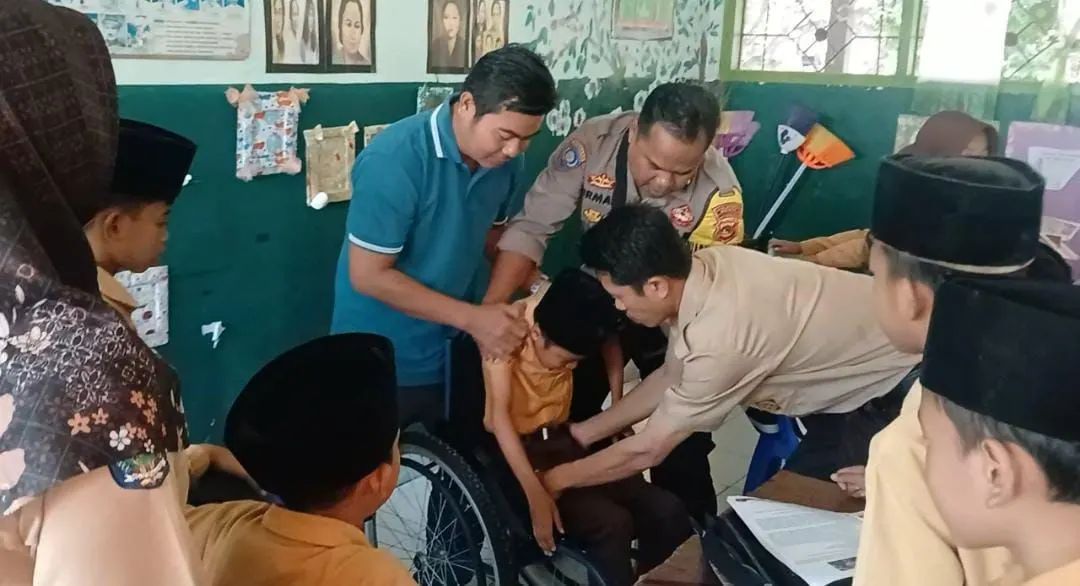
Arik’s new wheelchair was donated by Wayne Smith, whose generosity reached across continents. The LIDI Foundation and Fiona Unity Foundation—two organizations known for their programs supporting donations for disabled children—joined forces with the local Bhabinkamtibmas (Community Service Officer). This collaboration is a perfect example of how wheelchair donation programs in Indonesia are sustained by teamwork between grassroots NGOs, local officials, and international donors.
The process is more than just handing over a wheelchair. It’s about restoring dignity, agency, and hope to children like Arik. As one volunteer put it,
"A wheelchair isn’t just a tool; in the right hands, it’s a passport to the world."
For Arik, the wheelchair means he can move independently at school, join his friends in the schoolyard, and even joke about “racing” down the corridor. Suddenly, the impossible becomes possible.
The impact of Fiona Unity Foundation services and LIDI Foundation programs goes beyond the individual. When Arik received his wheelchair, the entire hamlet of Montong Lauk felt the joy. These handovers often turn into small celebrations, with neighbors gathering to witness the moment. It’s not just the recipient who gains—a sense of pride and unity spreads through the community. Children see new possibilities, and parents feel supported.
Bhabinkamtibmas initiatives play a crucial role in connecting families in need with organizations that can help. By working closely with NGOs and donors, they ensure that resources reach the most vulnerable. In regions like West Lombok, where resources are limited, this cross-sector and international collaboration is essential.
- LIDI Foundation: Coordinates local outreach and identifies children in need.
- Fiona Unity Foundation: Provides funding and logistical support for wheelchair donations.
- Bhabinkamtibmas: Acts as a bridge between families and NGOs, ensuring safe and effective delivery.
- Wayne Smith: International donor whose contribution made Arik’s new mobility possible.
Through these wheelchair donation programs, communities in West Lombok are proving that when people come together, even the most difficult barriers can be overcome—one wheel at a time.
Ripples of Change: The Real Impact of a Chair on a Child’s World
For Muhammad Arik Aditya, an 11-year-old from Montong Lauk Hamlet in West Lombok, the arrival of a wheelchair was more than just a new way to move—it was a doorway to a different life. Before this gift, Arik, paralyzed since age eight, depended entirely on his mother to carry him to and from school. Each day was a challenge, both physically and emotionally, for Arik and his family. But with the support of the LIDI Foundation, the Fiona Unity Foundation, and a generous donation from Wayne Smith, Arik’s world began to expand.
The Impact of a Wheelchair: Independence and Participation
The impact of a wheelchair on Arik’s daily life is profound. No longer reliant on his mother’s arms, Arik now attends school independently. This shift has transformed not only his routine but also his sense of self. Teachers have noticed a remarkable change—Arik is more engaged in class, participating in discussions and activities with newfound confidence. His classmates, inspired by his presence, have started inviting him into their games, even inventing new ones so he can join. This is a clear example of how accessibility solutions in schools can foster inclusion and belonging for disabled children.
Transforming Family Dynamics
The impact of a wheelchair on quality of life extends beyond Arik. His mother, once tied to the demanding task of carrying her son, can now focus on household work or simply rest. These small freedoms have outsized effects, reducing stress and opening up time for other responsibilities. The change in daily routines has brought relief and hope to the family, highlighting the importance of support for families with disabled children.
Building a Culture of Inclusion
Arik’s wheelchair has become more than a mobility aid—it is a symbol of progress in the community. Teachers and parents are now discussing how to make schools more accessible for all students. Inspired by Arik’s story, local leaders are considering additional accessibility solutions for paralyzed children in schools. The conversation has shifted from sympathy to action, with a growing recognition that every child deserves the chance to participate fully in school life.
"You can change a child’s life by changing how they access the world."
The ripple effect of Arik’s new wheelchair is clear. It has sparked a broader movement for disabled children support and inclusion in West Lombok. As more people witness the transformation in Arik’s life, the community is beginning to understand that accessibility is not just about logistics—it is about dignity, opportunity, and hope for every child.
Unseen Connections: Families, Mental Disability, and the Strength of Support Systems
In the heart of Montong Lauk Hamlet, West Lombok, the story of Muhammad Arik Aditya and his family shines a light on the complex realities faced by families with disabled children. At just 11 years old, Arik has been paralyzed since the age of eight. His journey is further complicated by his father’s mental disability, creating a web of challenges that go beyond physical limitations. For families like Arik’s, the need for mental disability support and psychosocial disability support is both urgent and ongoing.
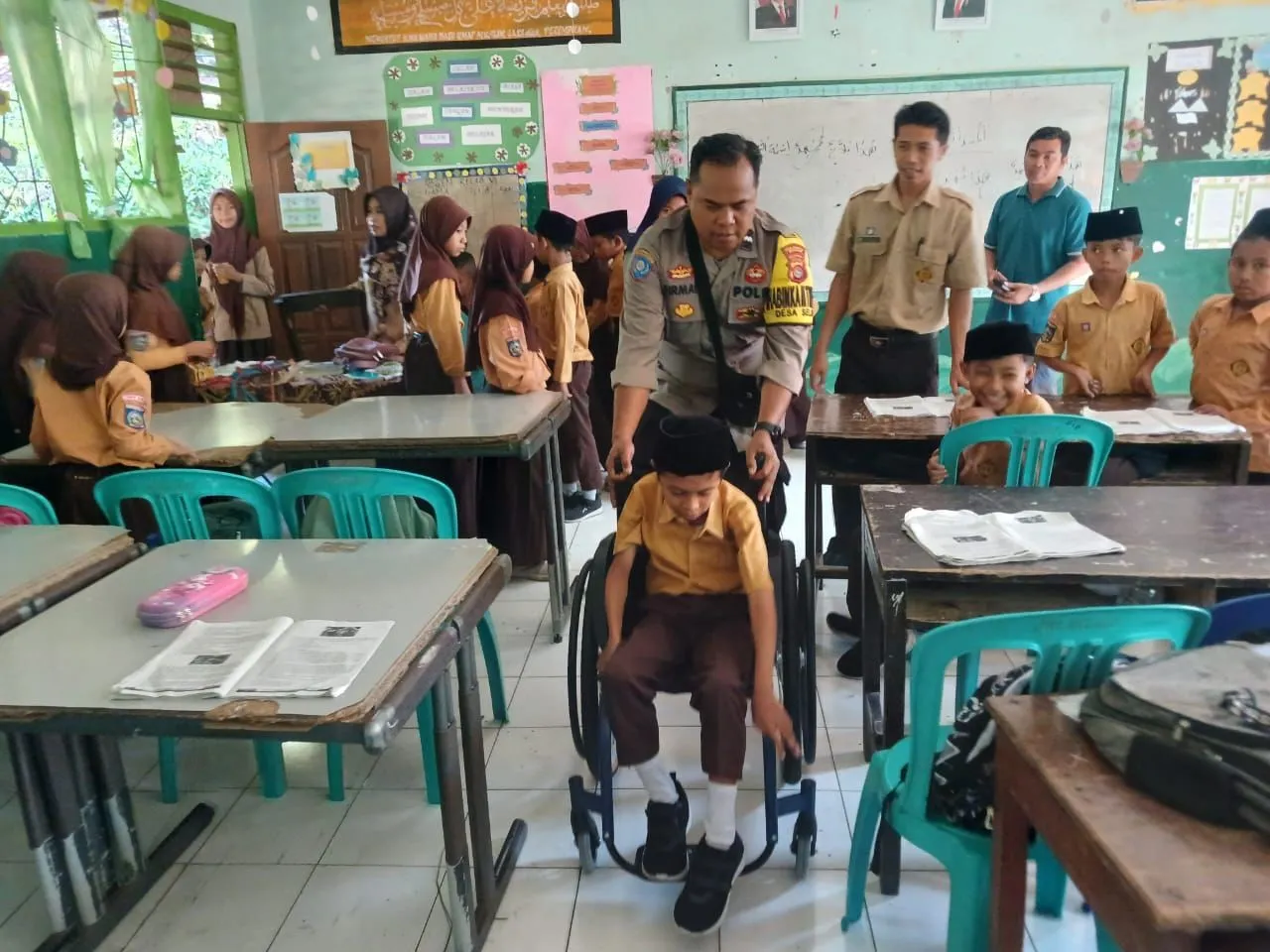
Until recently, Arik’s mother carried him to school each day—a daily act of love and resilience. The arrival of a wheelchair, donated through the combined efforts of the Community Service Officer (Bhabinkamtibmas), the LIDI Foundation, the Fiona Unity Foundation, and a generous donor, Wayne Smith, has opened new doors for Arik. But behind this visible act of support lies a network of less obvious, yet equally important, resources.
Hidden Support Resources in West Lombok
While support resources in West Lombok for families with complex needs remain limited, local initiatives and informal support groups are quietly filling the gaps. These groups—sometimes organized by community leaders, sometimes simply by caring neighbors—offer a lifeline to families facing intertwined challenges of physical and mental disability. The importance of robust, multidimensional support structures cannot be overstated, especially for families with disabled children and parents living with mental disabilities.
Everyday Acts of Kindness
Support doesn’t always arrive in the form of official programs. Sometimes, it’s the quiet understanding of a neighbor or the simple generosity of a stranger. As one local resident put it:
"Support doesn’t always look official; sometimes, it’s just a neighbor’s quiet understanding."
Take, for example, the fictional story of a market vendor who notices Arik’s mother after a long morning carrying her son to school. Without fanfare, the vendor regularly sets aside extra snacks for her—a small gesture that speaks volumes about the unseen connections holding the community together.
Changing Conversations, Reducing Stigma
West Lombok is witnessing a gradual shift in how mental and psychosocial disability is discussed. Community conversations are becoming more open, with families feeling safer to share their struggles and successes. These exchanges happen in unexpected places—at the market, in the mosque, or during neighborhood gatherings. As visibility increases, so does the sense of solidarity among families seeking mental disability support resources.
The growing awareness and normalization of these discussions are helping to reduce stigma, making it easier for families like Arik’s to access help and feel less isolated. In West Lombok, the strength of support systems lies not just in formal aid, but in the everyday connections that quietly uplift those in need.
From One Act to Many: Why Disability Inclusion Demands Creativity and Policy
Muhammad Arik’s new wheelchair is more than a gift—it is a symbol of how disability inclusion programs are evolving in Indonesia. His story, rooted in the small hamlet of Montong Lauk, shows how a single act of kindness can spark broader change. But real progress in community empowerment disabled efforts comes when local creativity meets supportive policy.
Across West Lombok and beyond, organizations like the LIDI Foundation and the Lombok Forgotten Children Foundation are leading the way in disability rights advocacy. These groups are not just providing equipment or services; they are working with people with disabilities to co-design solutions. In recent years, local disability capacity building has shifted from charity to empowerment, focusing on what individuals want and need to thrive. As one advocate put it,
"Real inclusion can’t be standardized—it grows from asking, ‘What would YOU like to do?’"
This shift is visible in many areas. For example, disability inclusion programs in Indonesia now address disaster management, health access, and school integration. In NTB province, people with disabilities are helping shape disaster response plans, ensuring that shelters and evacuation routes are accessible to all. In schools, teachers are learning to adapt lessons and environments so that children like Arik can participate fully. These changes are not just happening because of new laws or policies—they are the result of communities listening, adapting, and sometimes going off-script.
Inclusion, after all, is not just about ramps and wheelchairs. It’s about recognizing the unique talents and dreams of every person. Imagine if every Indonesian village had a “Joy Committee”—a group dedicated to finding creative ways for disabled children to join in local festivities. Picture a dragon-boat race where wheelchair wheels splash alongside paddles, or a market day where every stall is accessible. These moments of joy and participation are just as important as any policy or program.
The story of Arik and his wheelchair is a reminder that disability services Indonesia must be flexible and imaginative. Policies matter, but so does the willingness to improvise and include everyone in community life. As more local and national groups work together, the hope is that every child, regardless of ability, will have the chance to open new doors—both literally and figuratively. In the end, true inclusion is built on both creativity and commitment, one act at a time, until no one is left behind between hope and hardship.
Remember! For just $200 you can make a life time change to some one in need! If you would like to support the "Fiona Unity Foundation", please contact Fiona +62 813 8361 8535.
.#WheelchairDonation, #WestLombok, #DisabilitySupport, #InclusiveEducation, #LIDIFoundation, #FionaUnityFoundation, #CommunityStories, #DisabilityInclusion, #MentalDisabilitySupport, #CompassionInAction
TL;DR: A simple wheelchair, delivered through community collaboration, changed everything for Muhammad Arik Aditya and his family in West Lombok. His story is a reminder of the power of compassion—and how individual acts can spark broader change for disabled children and their communities.

